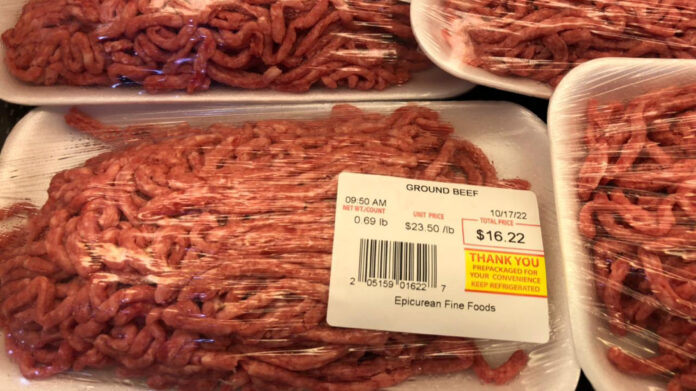By Makeida Antonio
“Ridiculous” and “expensive” were some of the terms shoppers used to describe rising prices on supermarket shelves yesterday.
This as Antigua and Barbuda and countries around the world grapple with high rates of inflation. Inflation is the increase in the price of something over time. For example, if a certain item costs $1 and it goes up to $1.05 a year later, then inflation on that item is five percent.
According to a report released on October 3 by the country’s Statistics Division, the food price index rose by 12.8 percent over the last 12 months. Oils and fats soared by 23.8 percent over the last year. Meat prices increased by 18.3 percent while chicken jumped by 27.6 percent. The index for delicatessen and other meat products leapt by 22.1 percent over the year.
Observer asked shoppers how they are being affected by rising food prices at one of Antigua’s most prominent supermarkets yesterday.
A returning national said that she had noticed an increase after being away from the country for some time. She advised residents to shop around at multiple supermarkets to ensure that they are getting the best price possible. However, she noted that it can be difficult as some establishments may lack variety in certain goods.





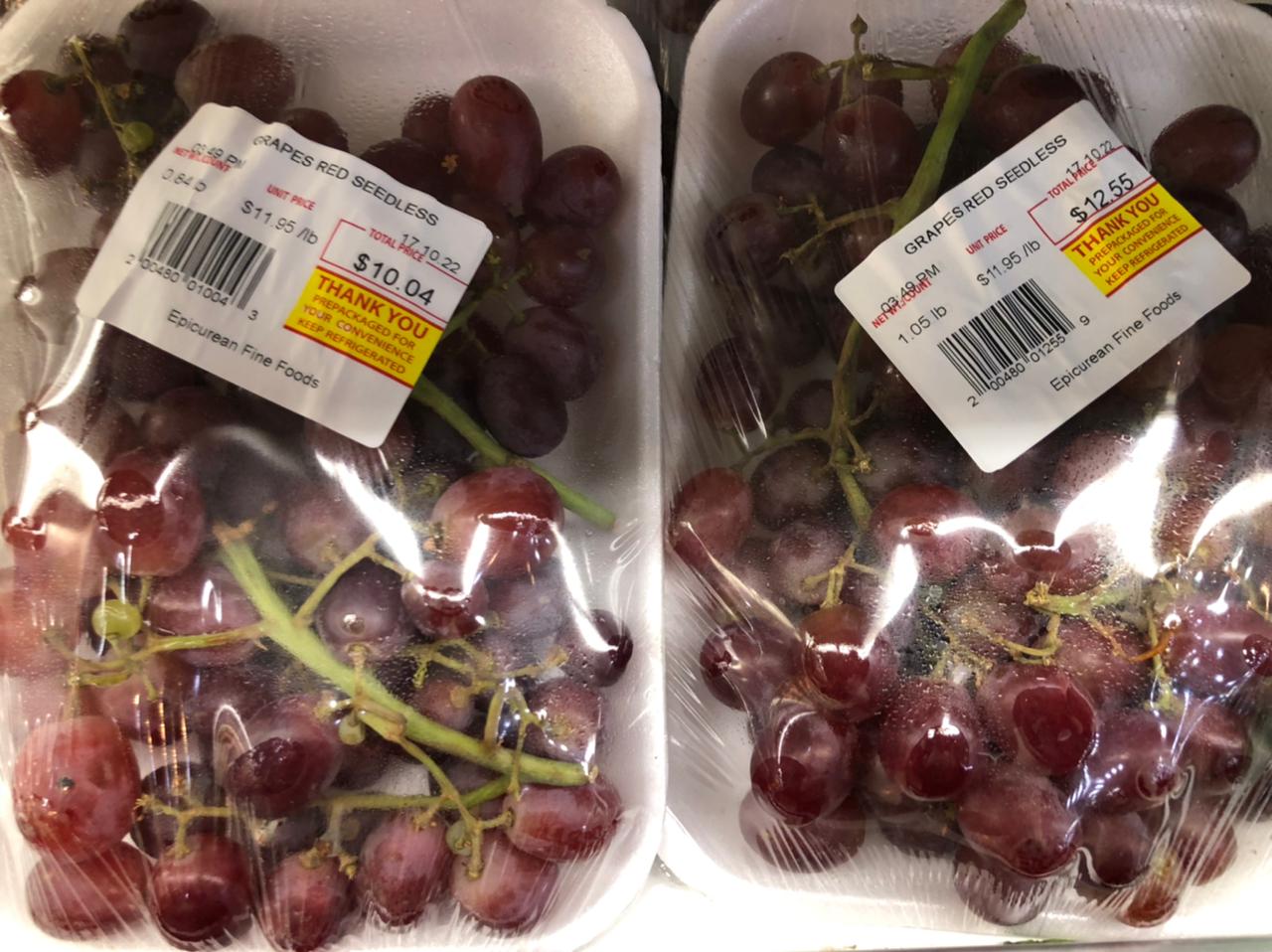
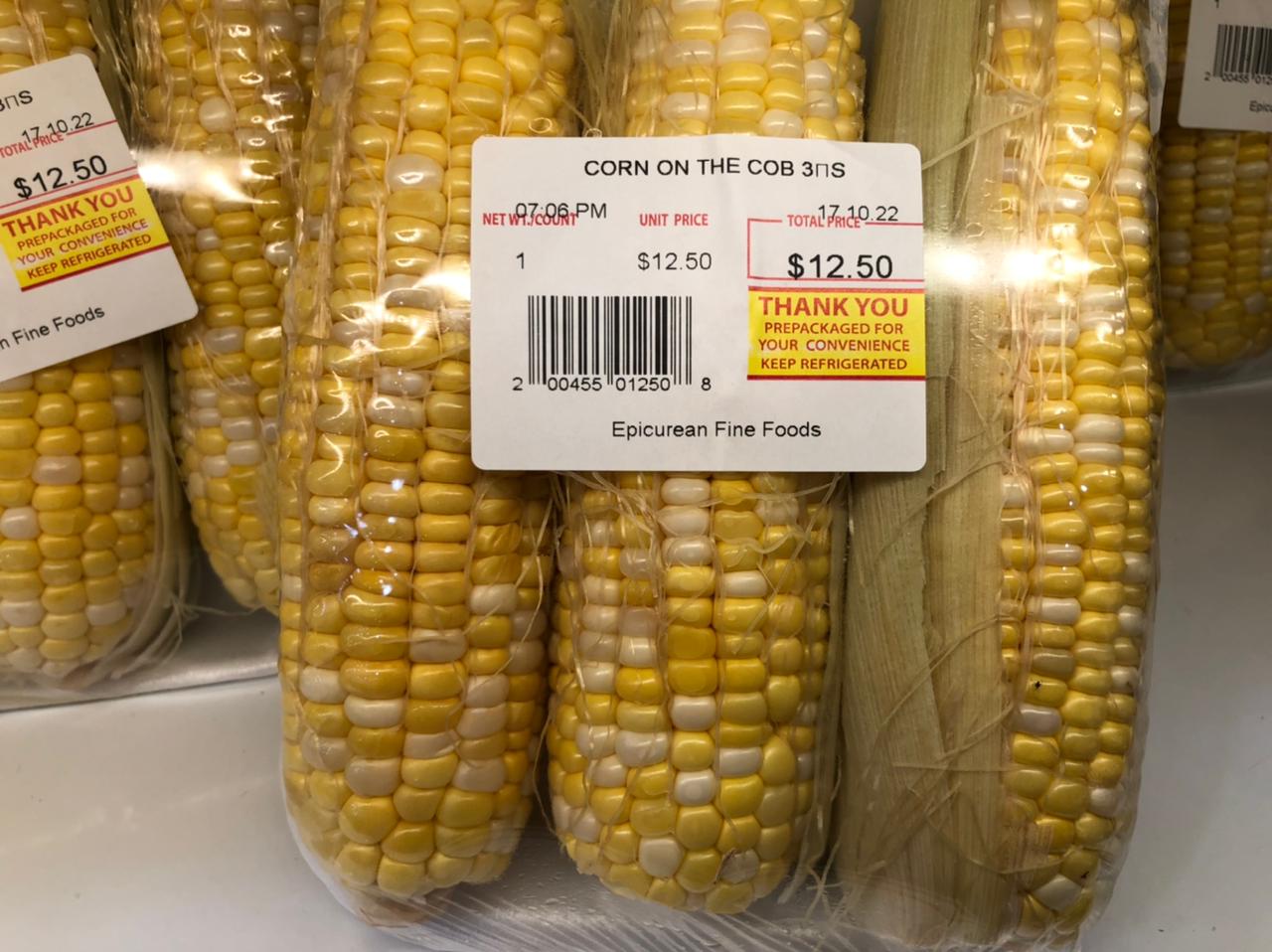
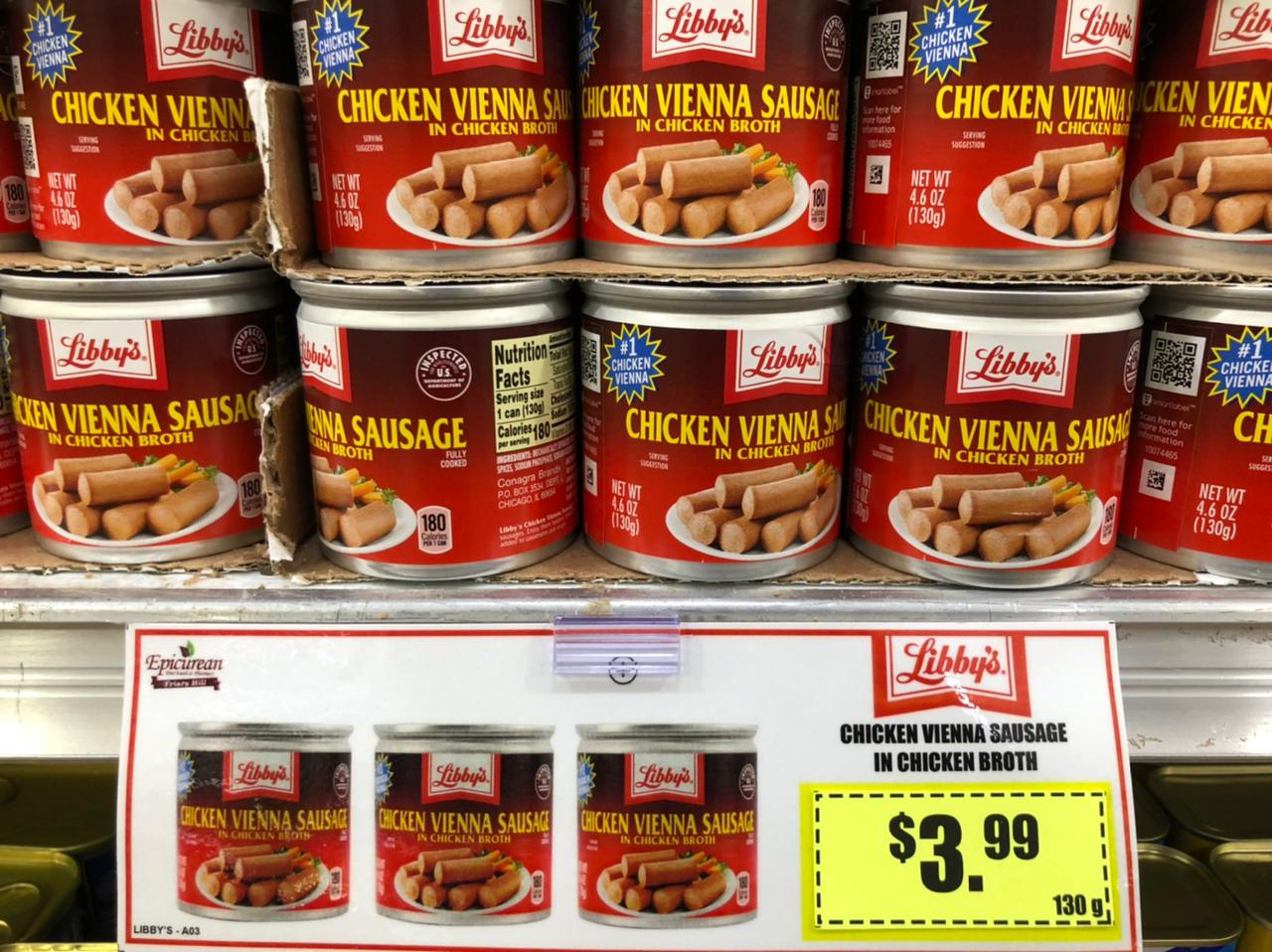
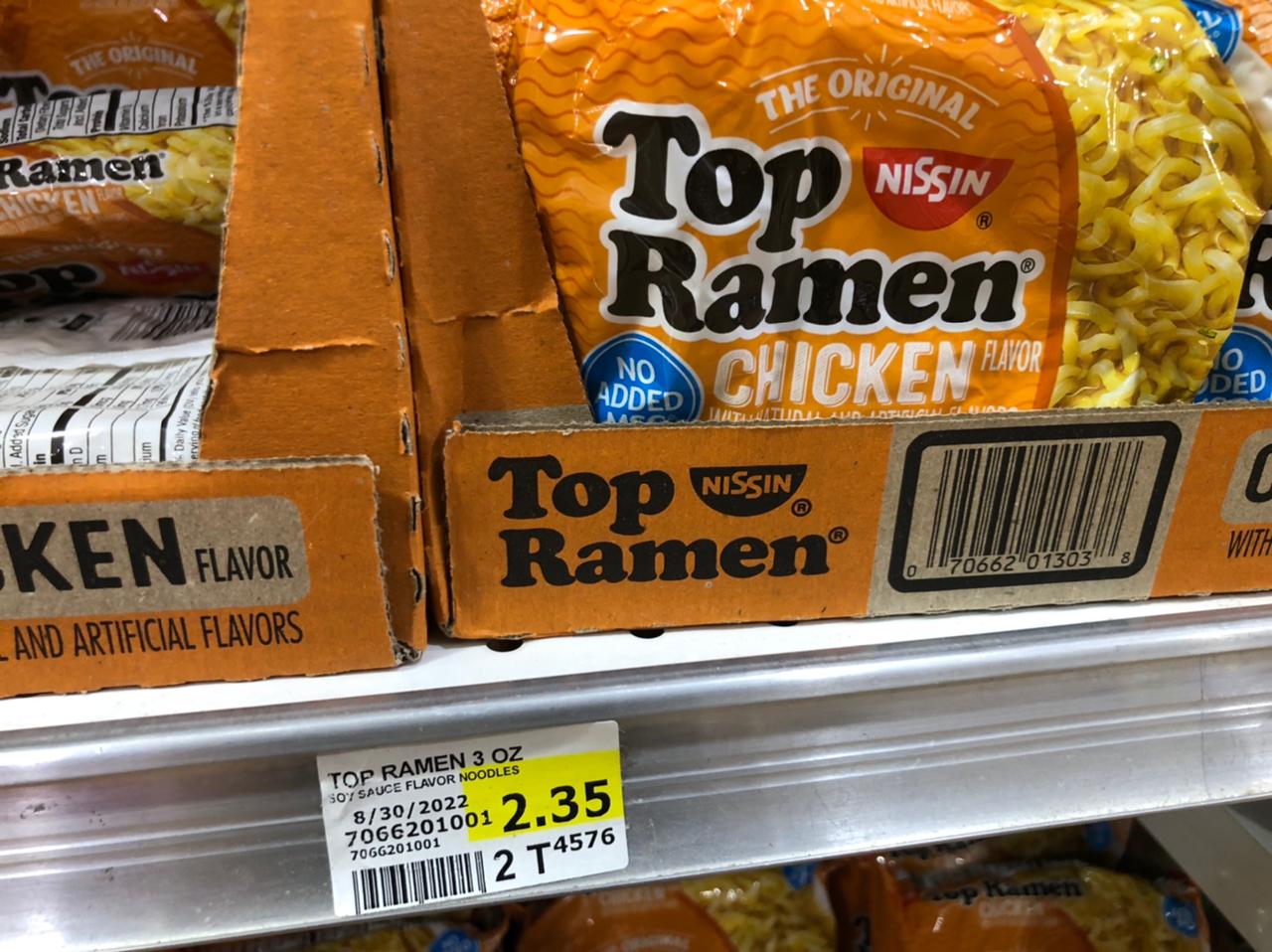
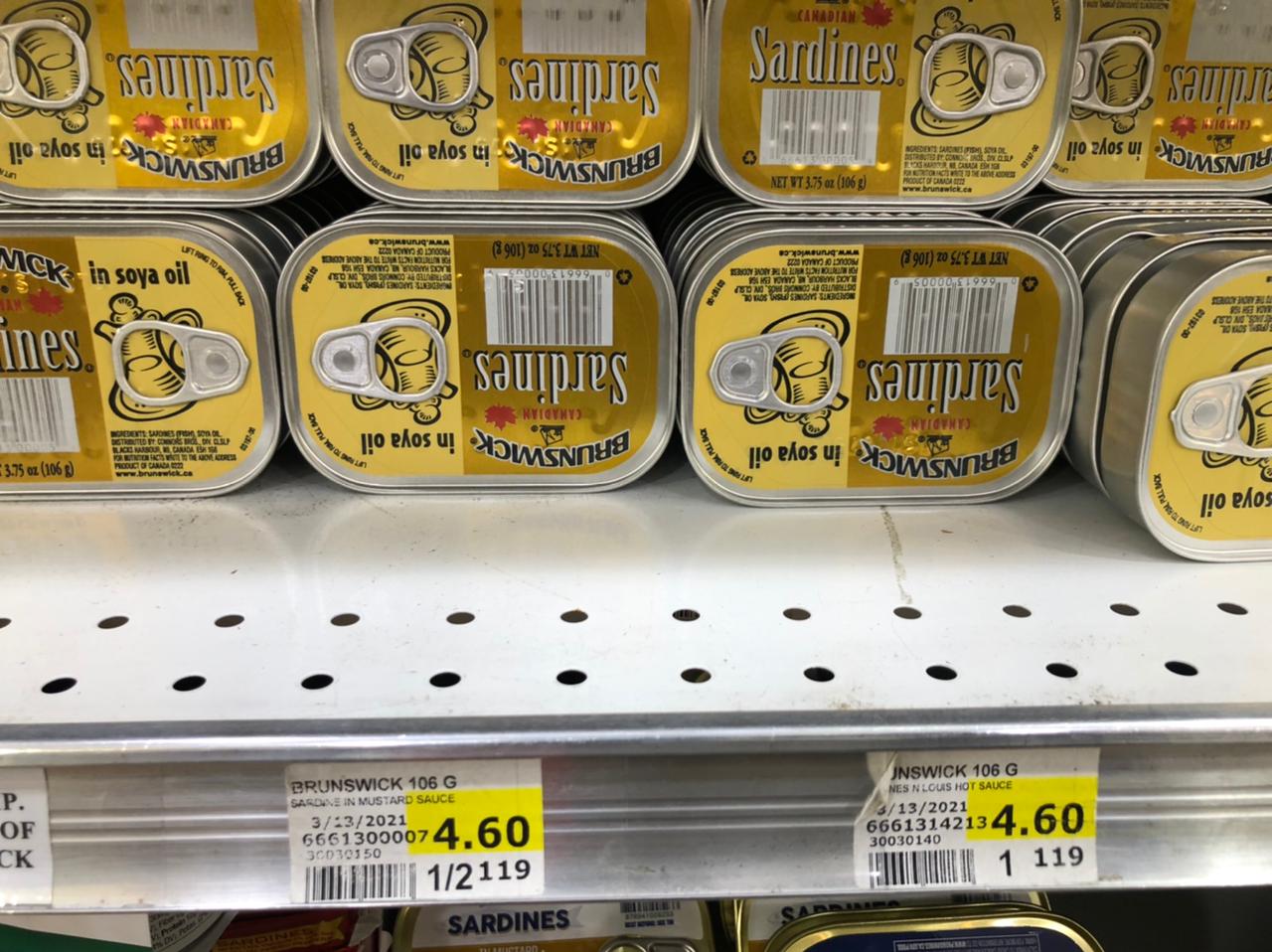
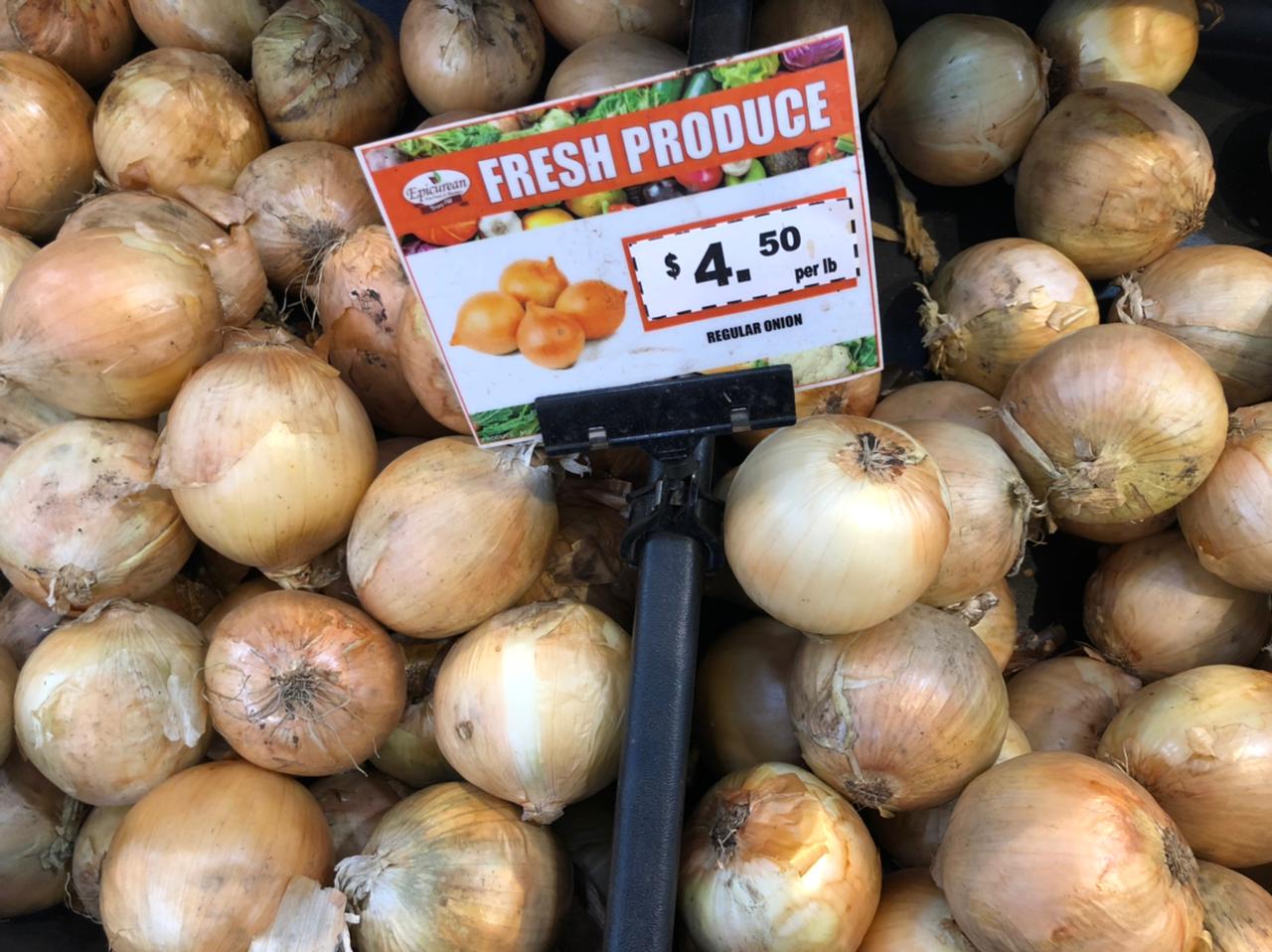
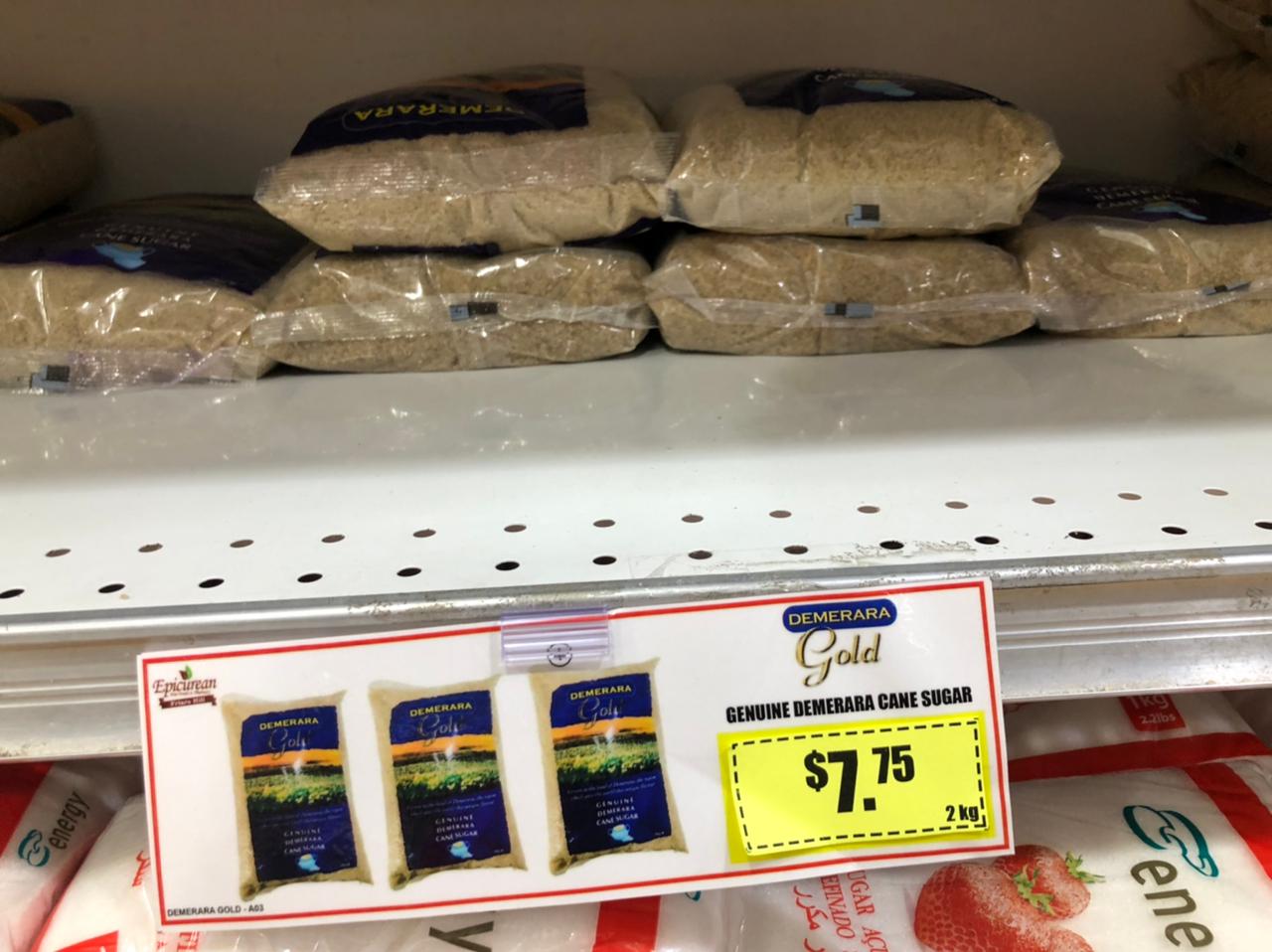
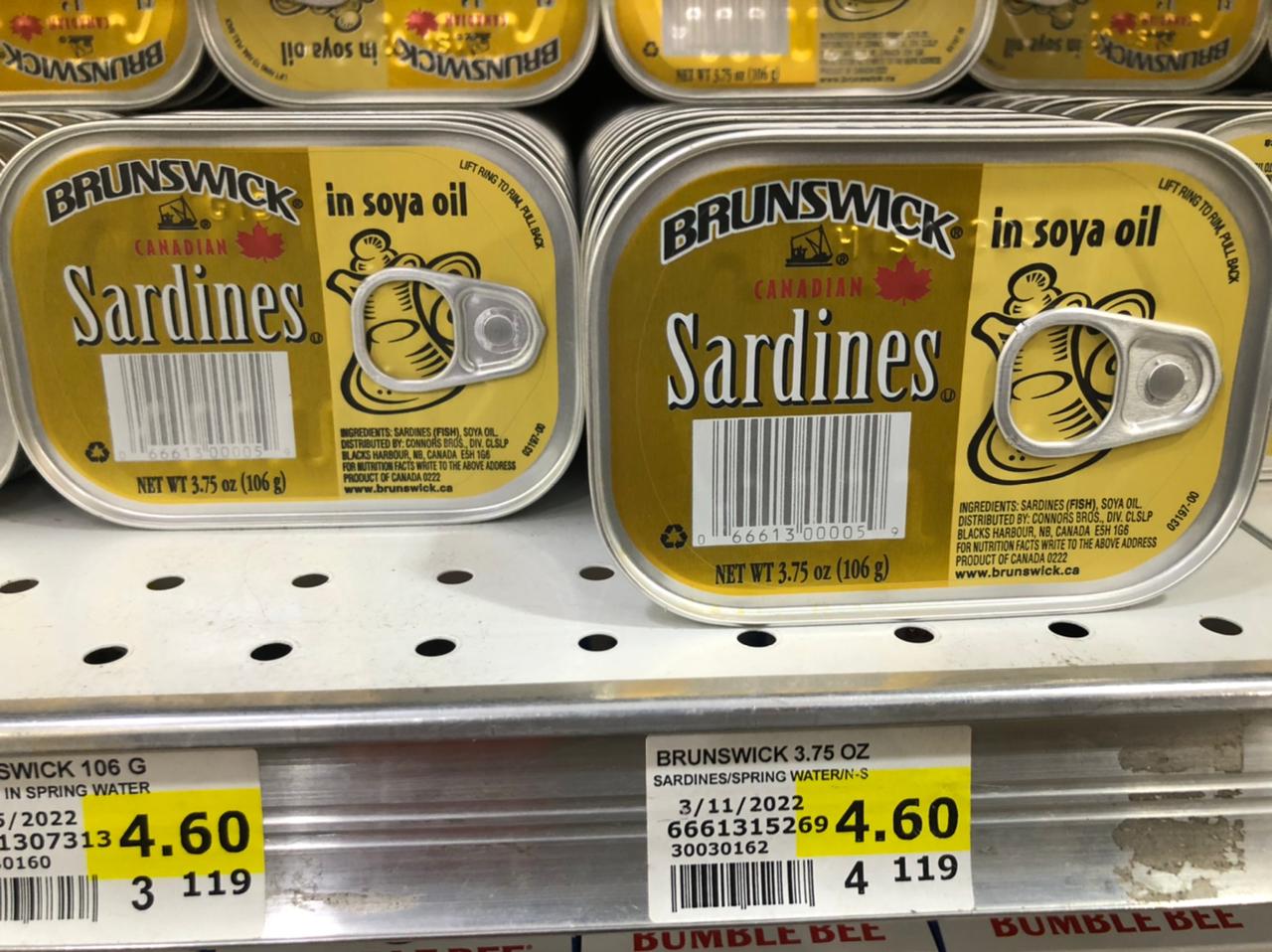
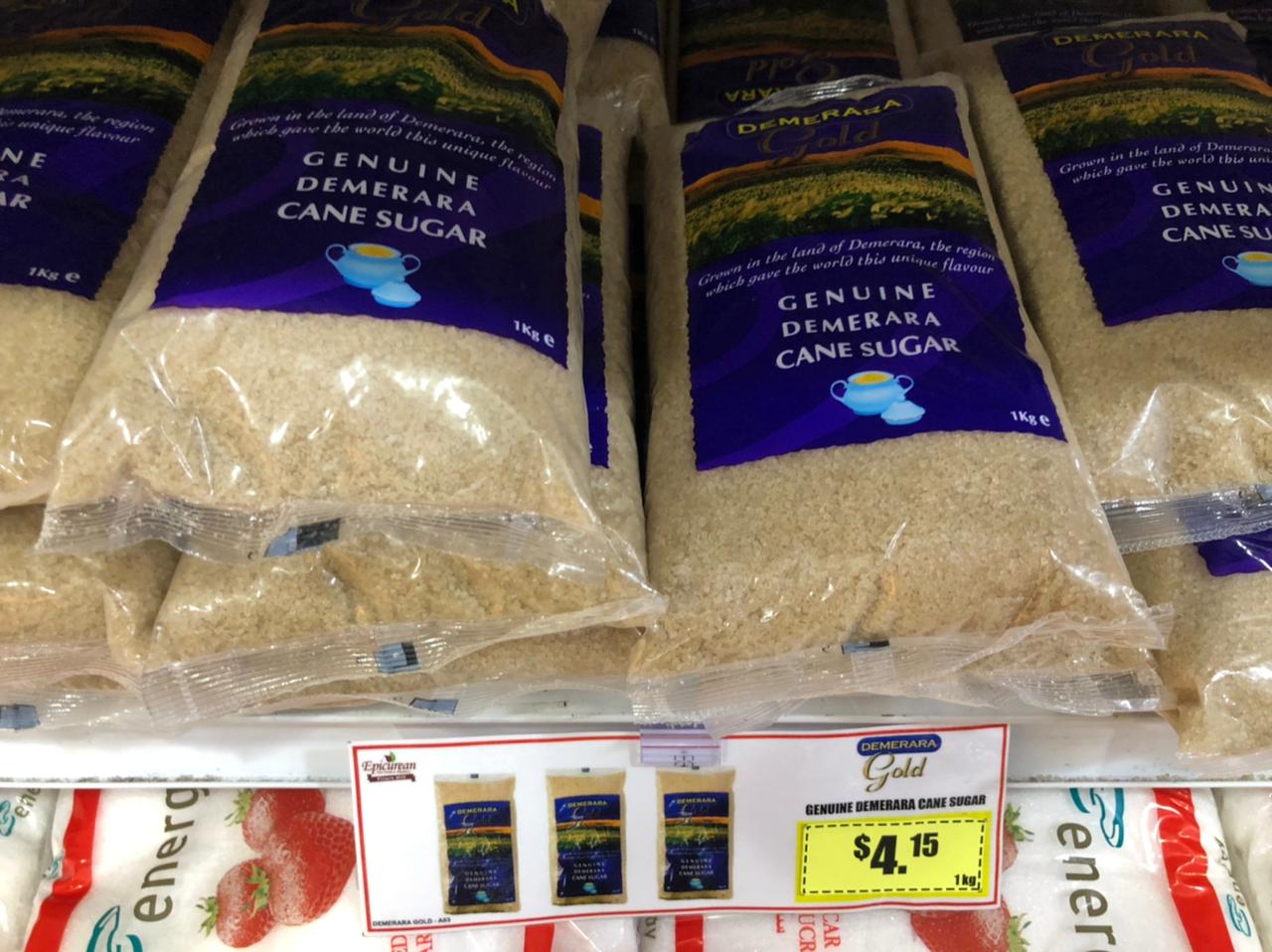
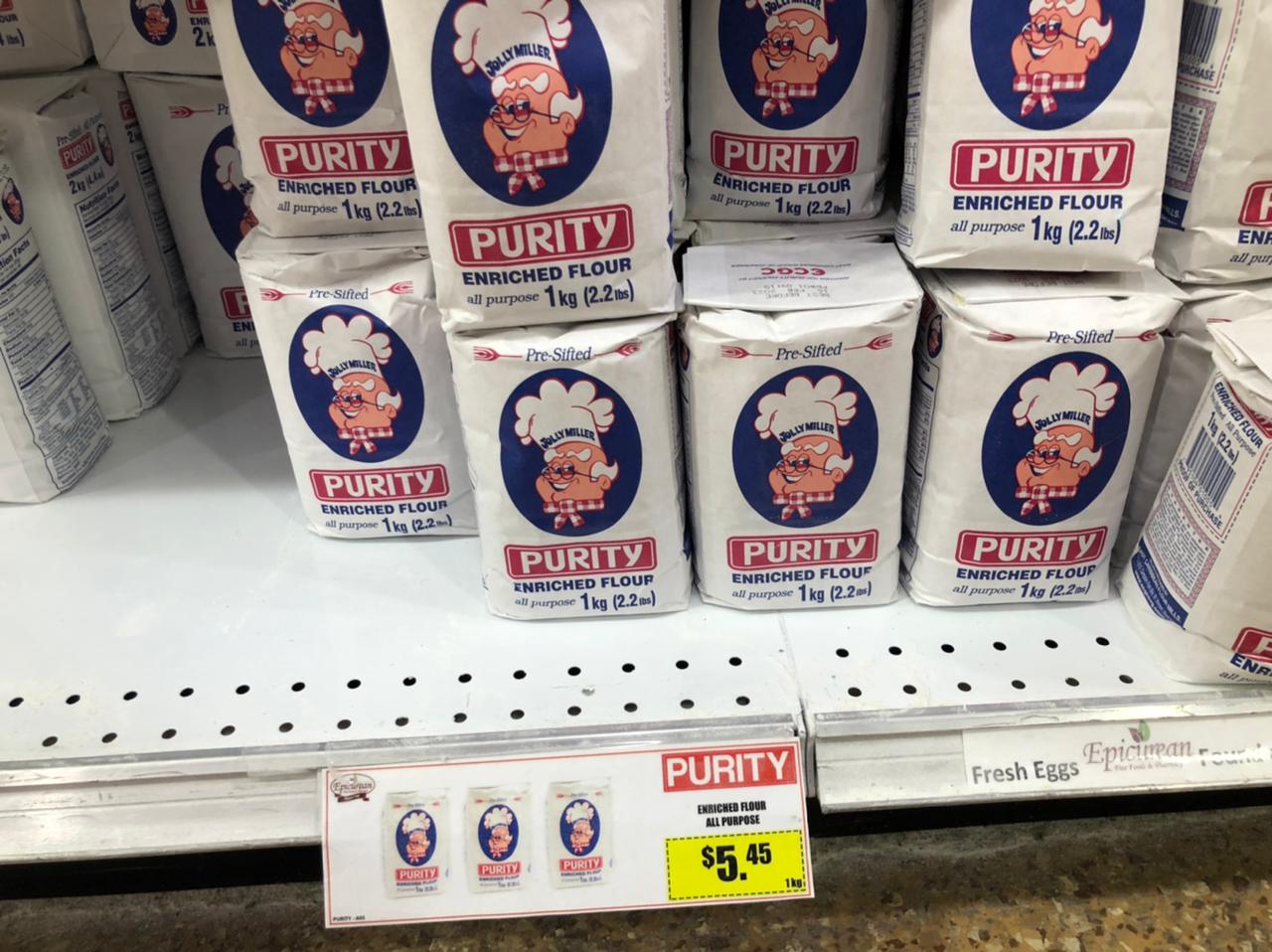
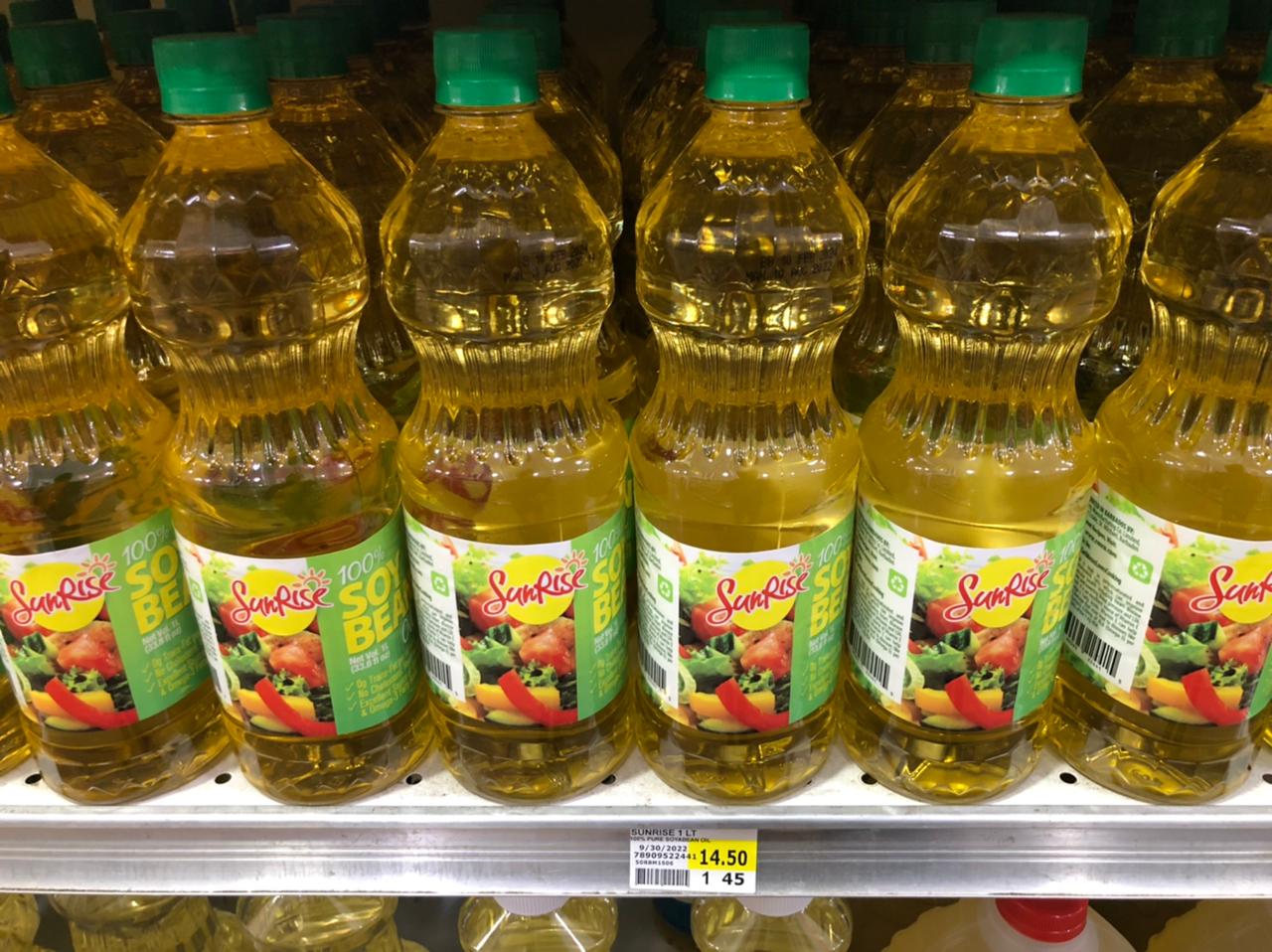

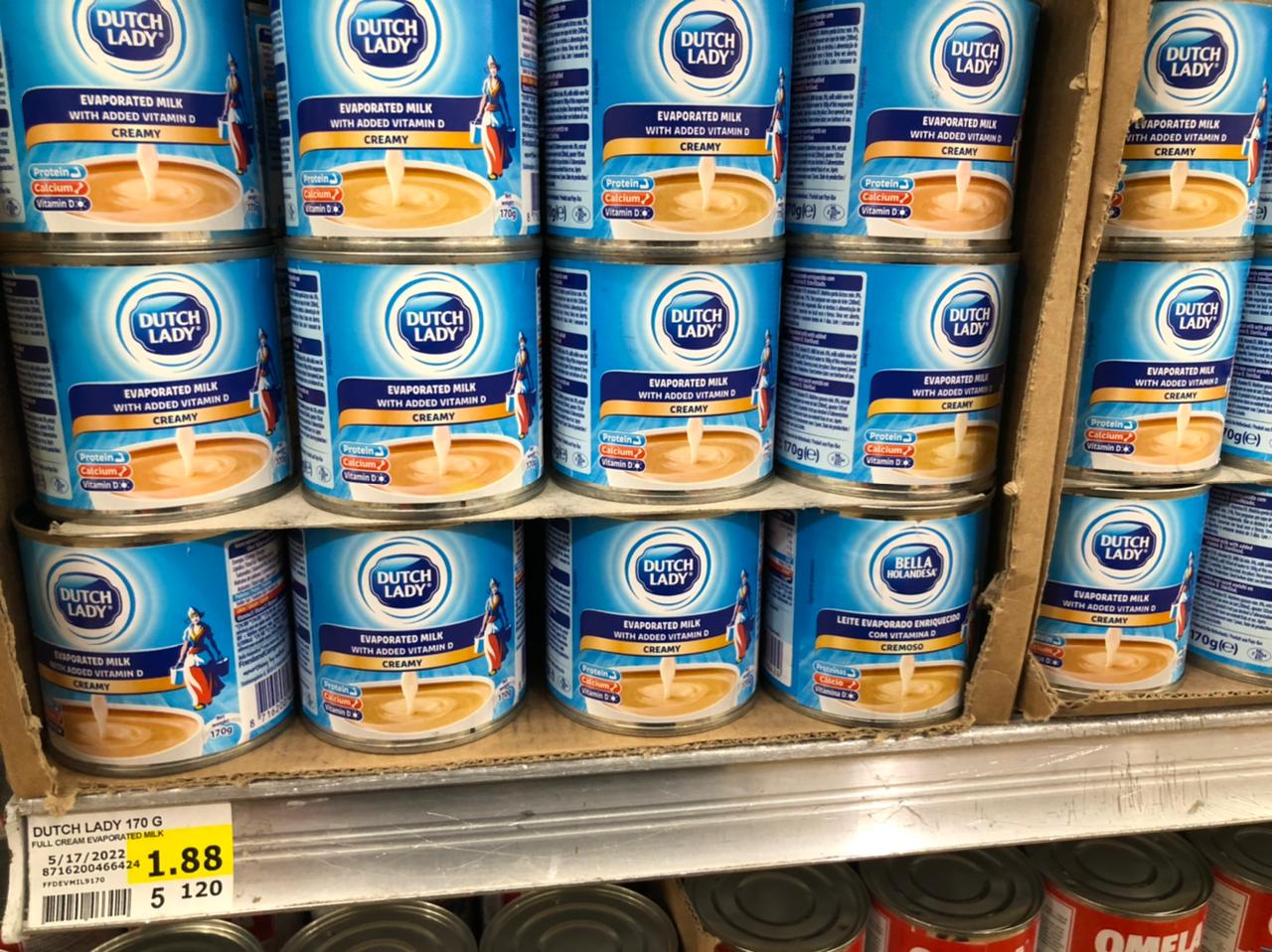
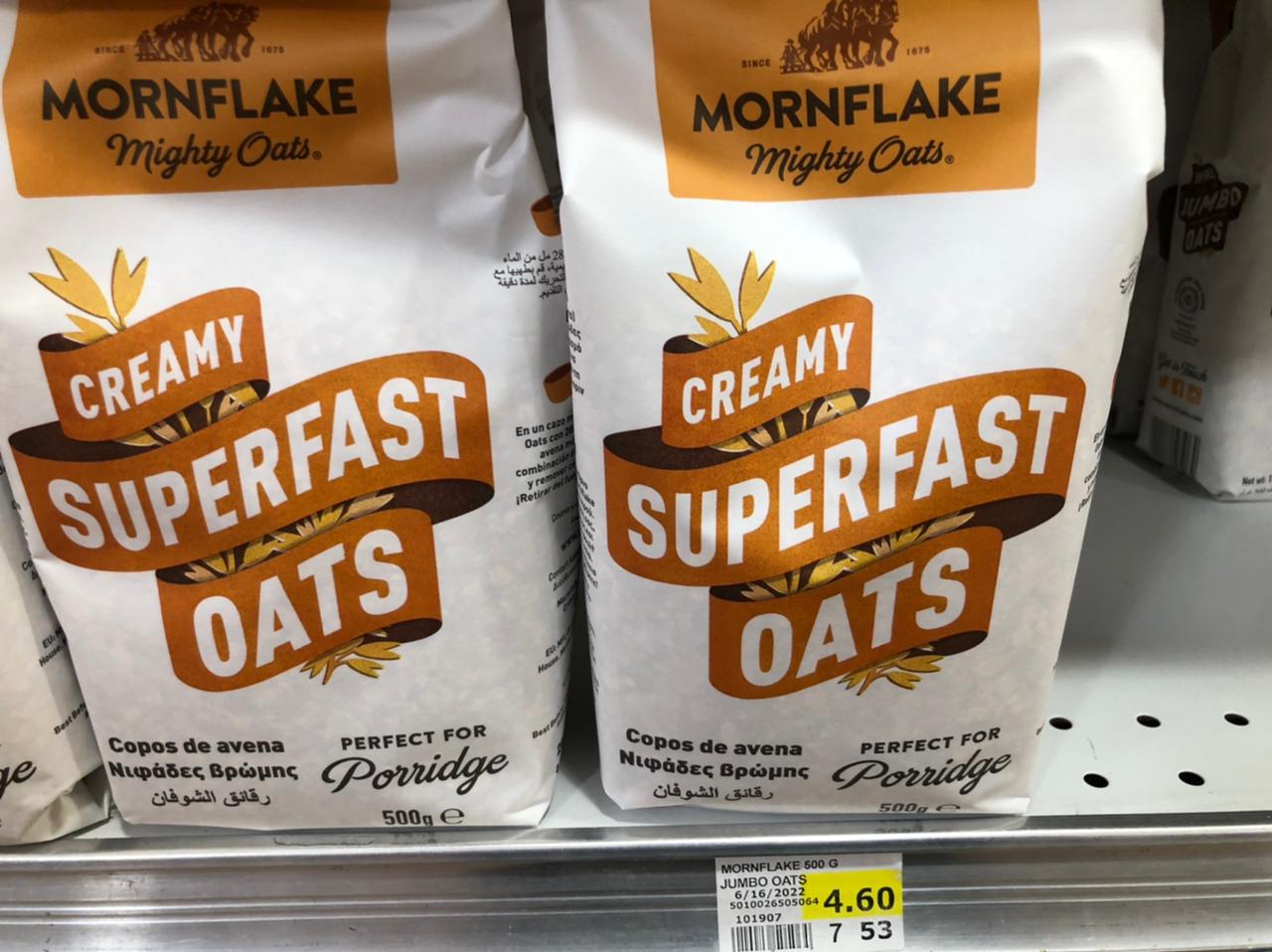

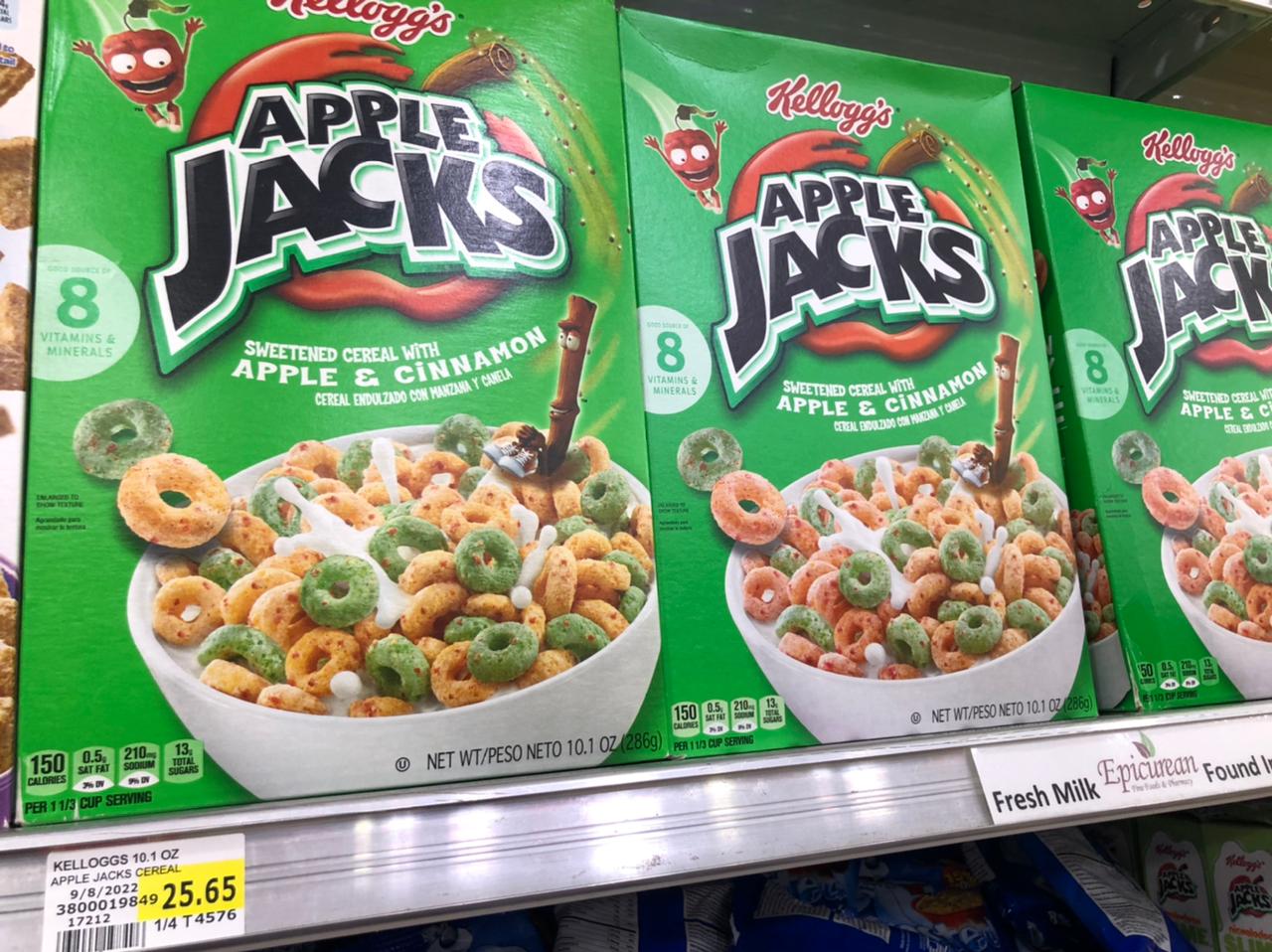
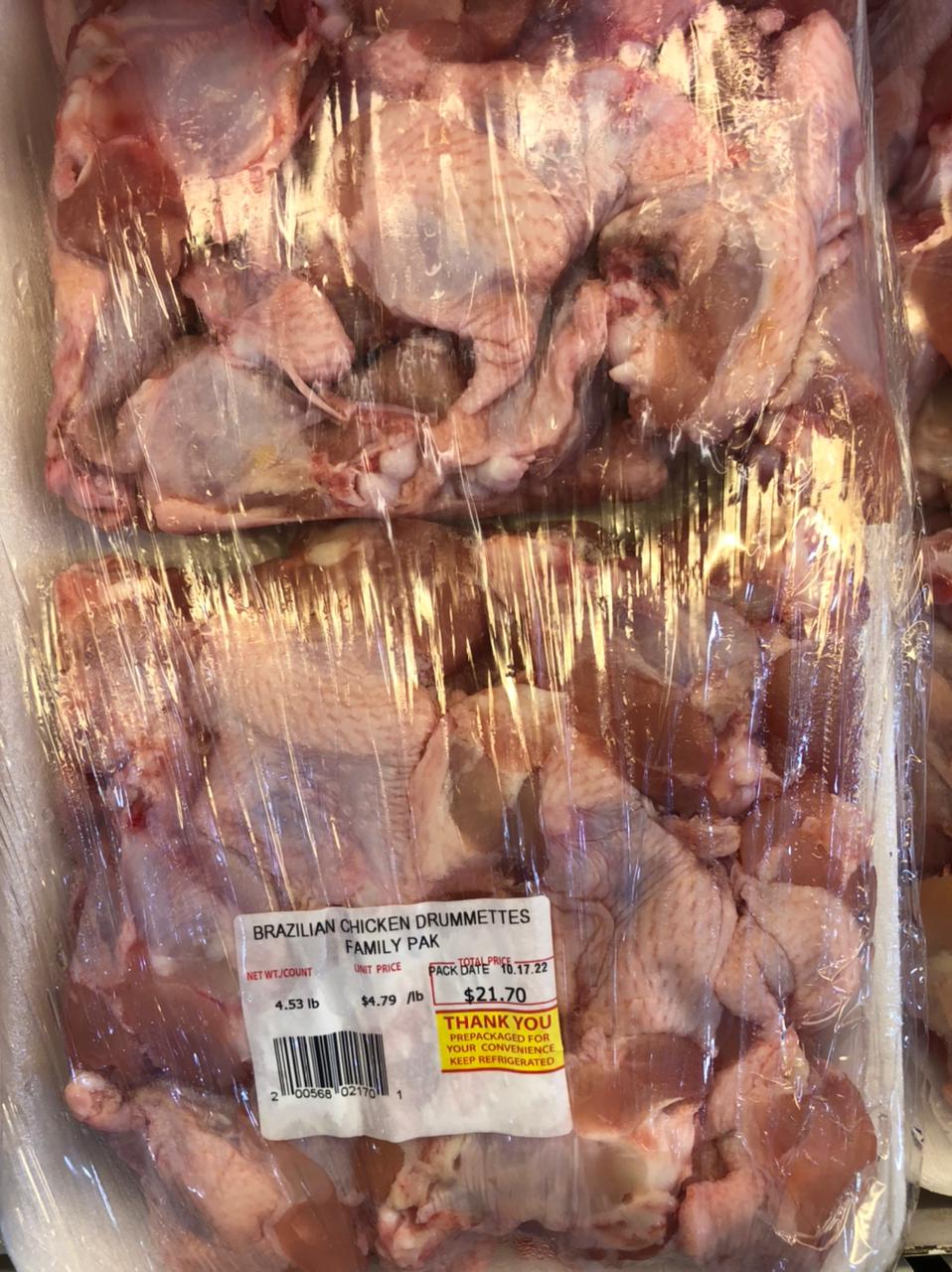
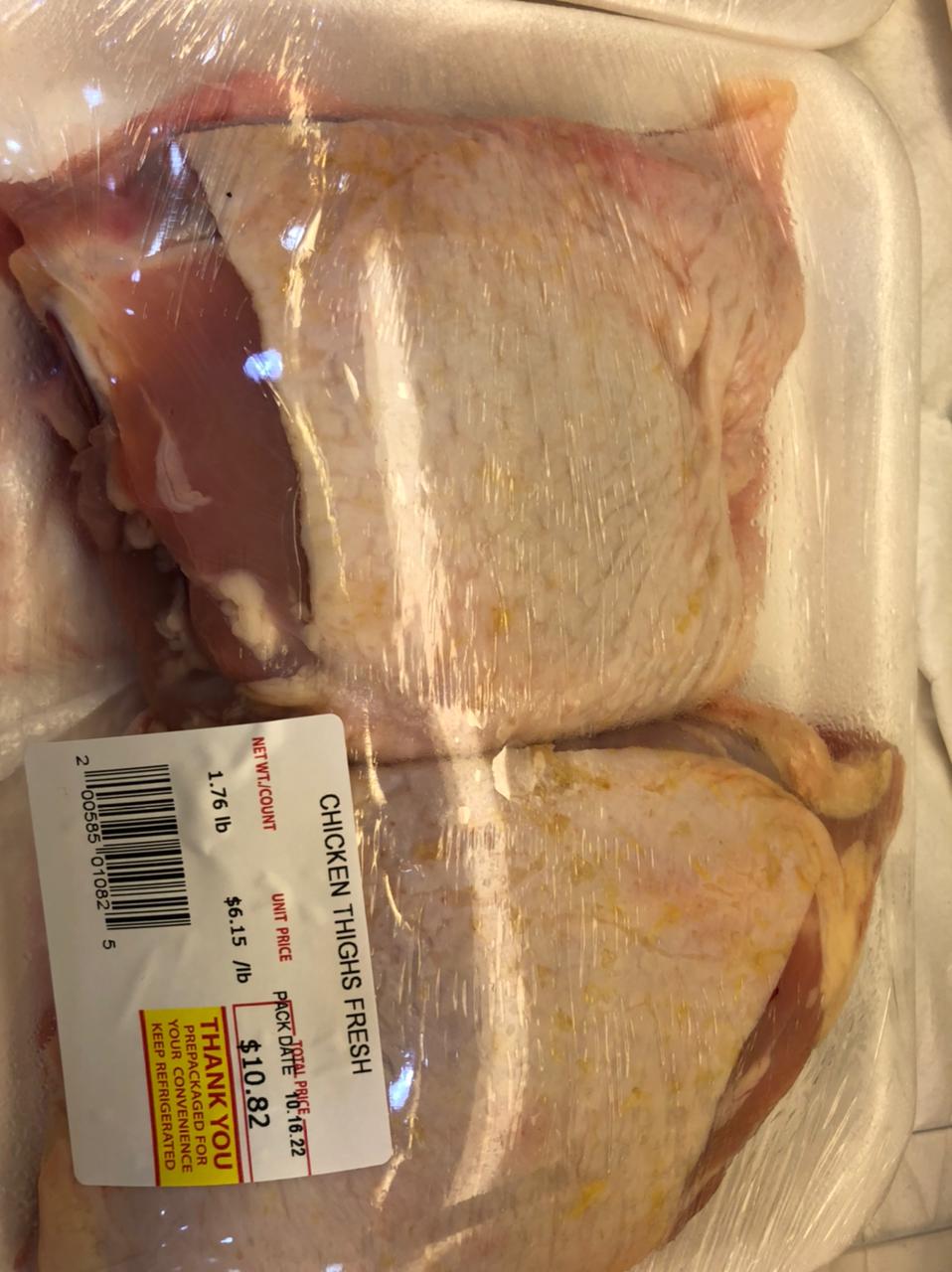
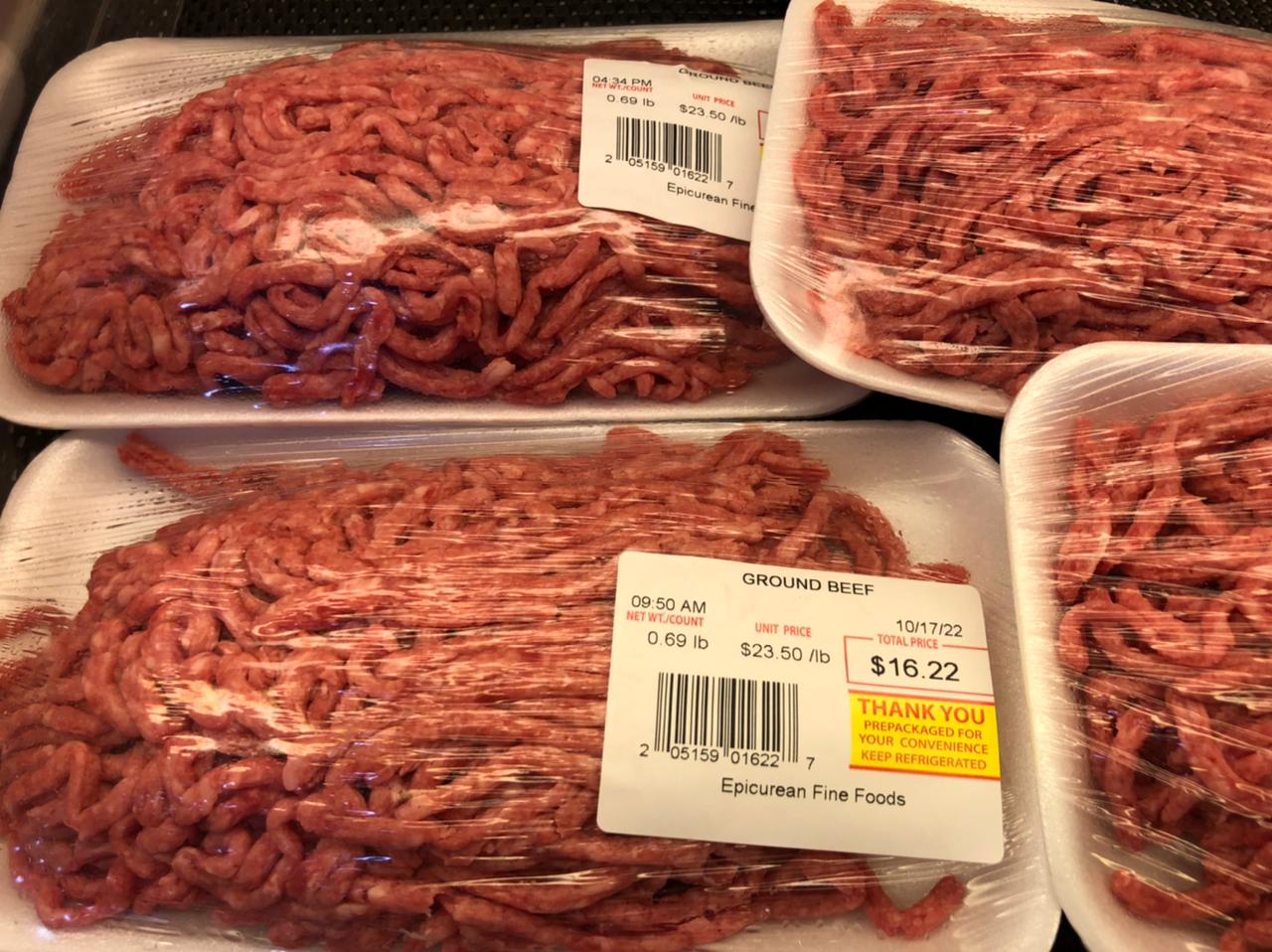
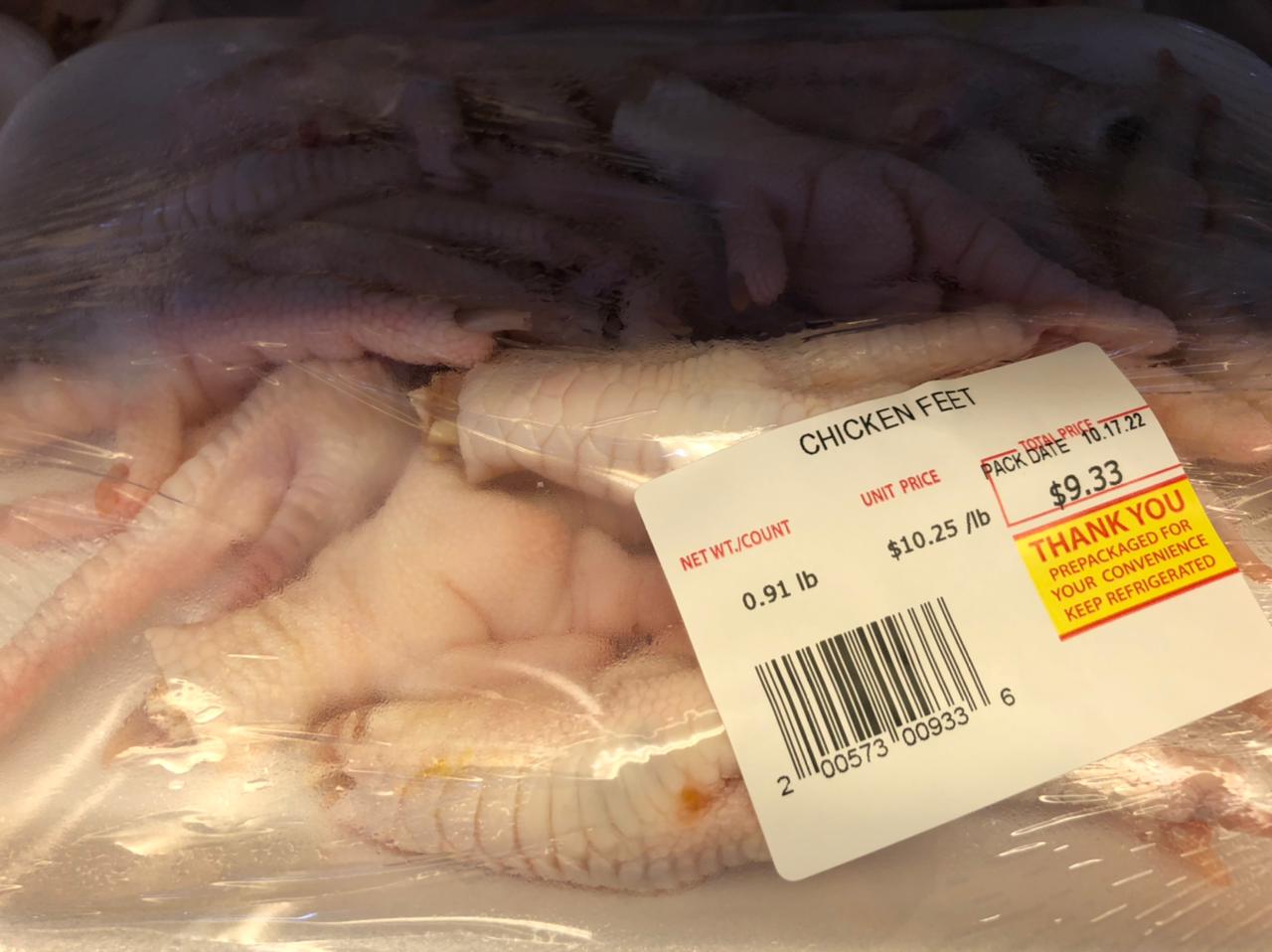
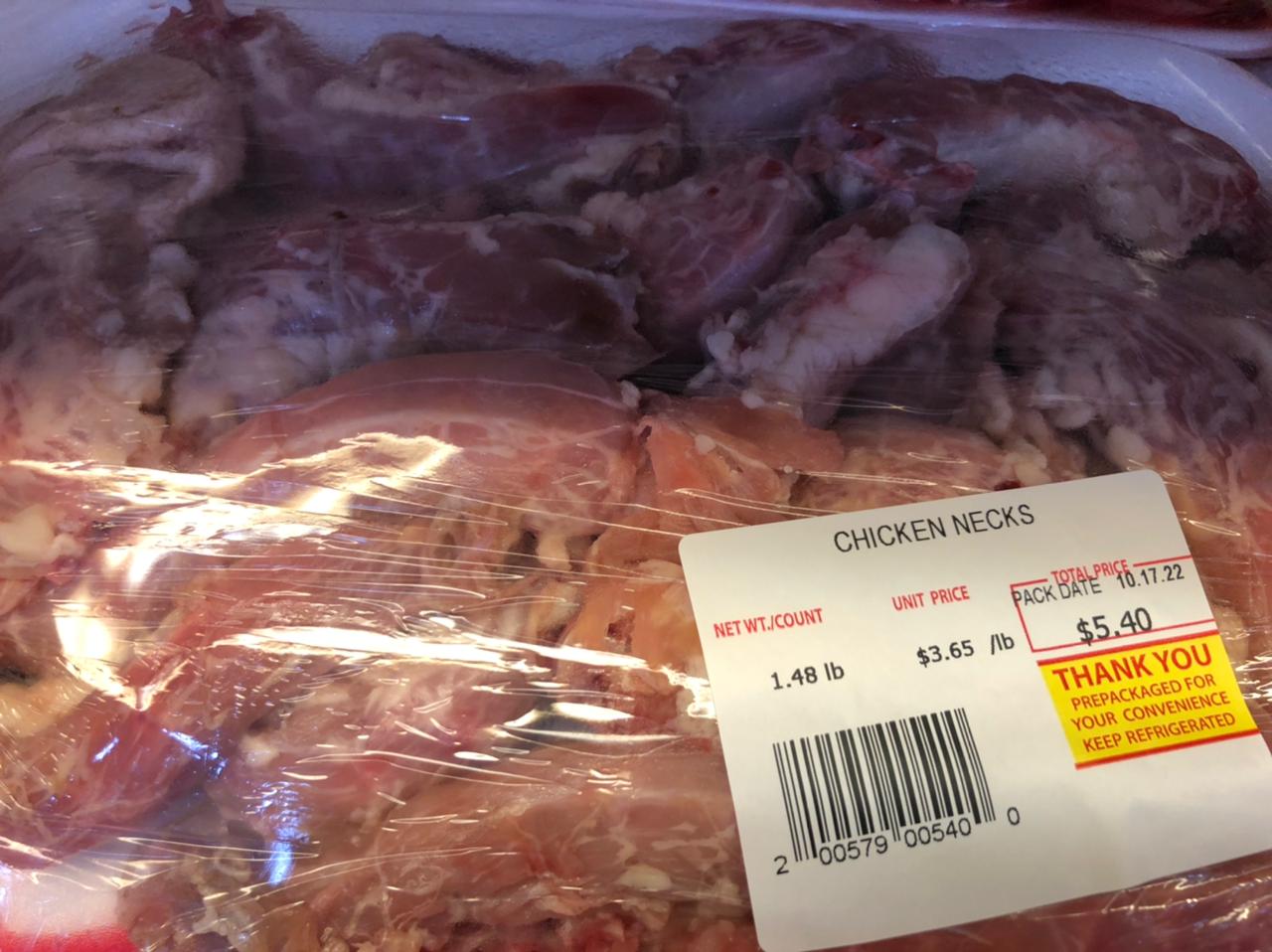
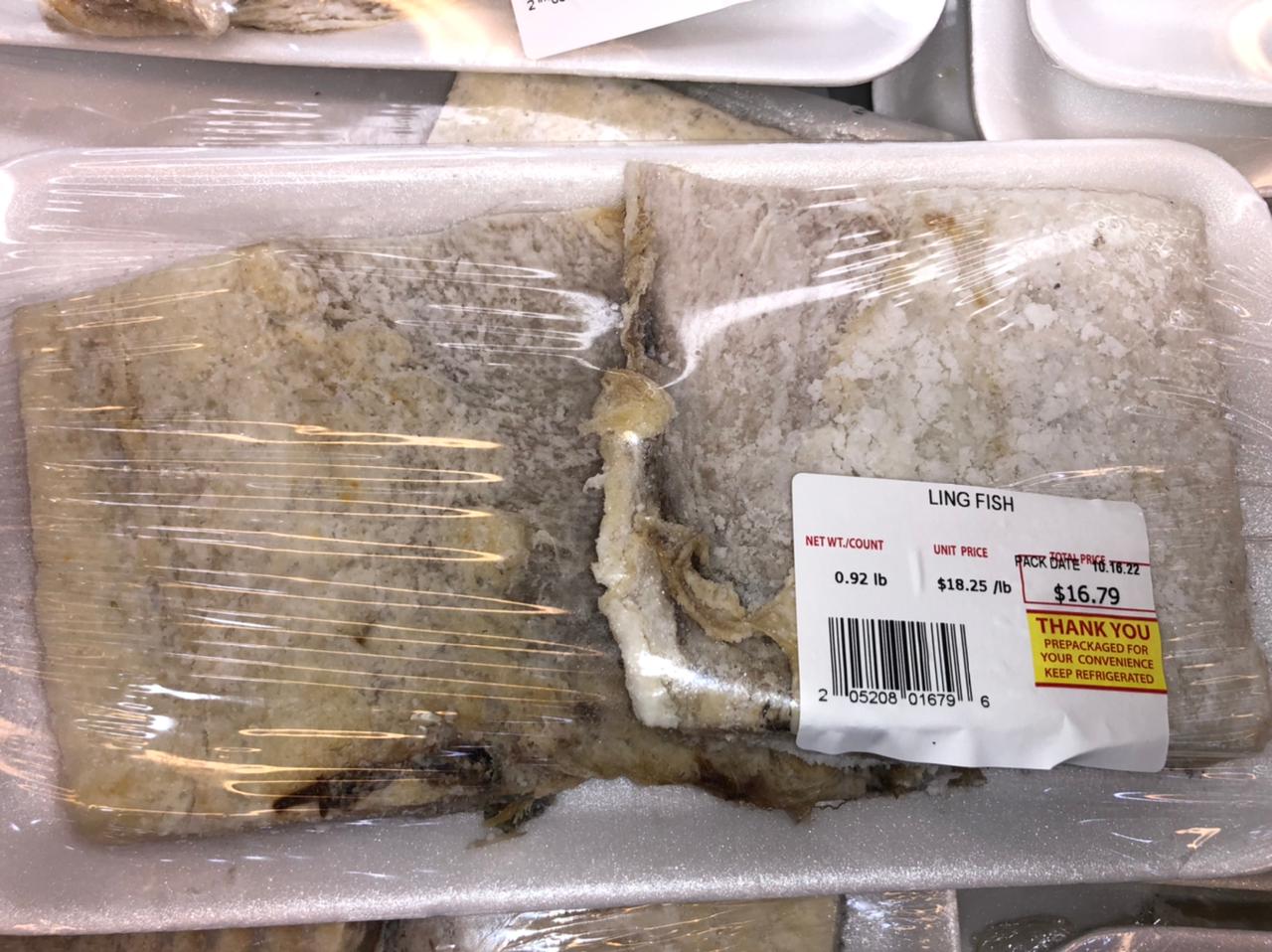
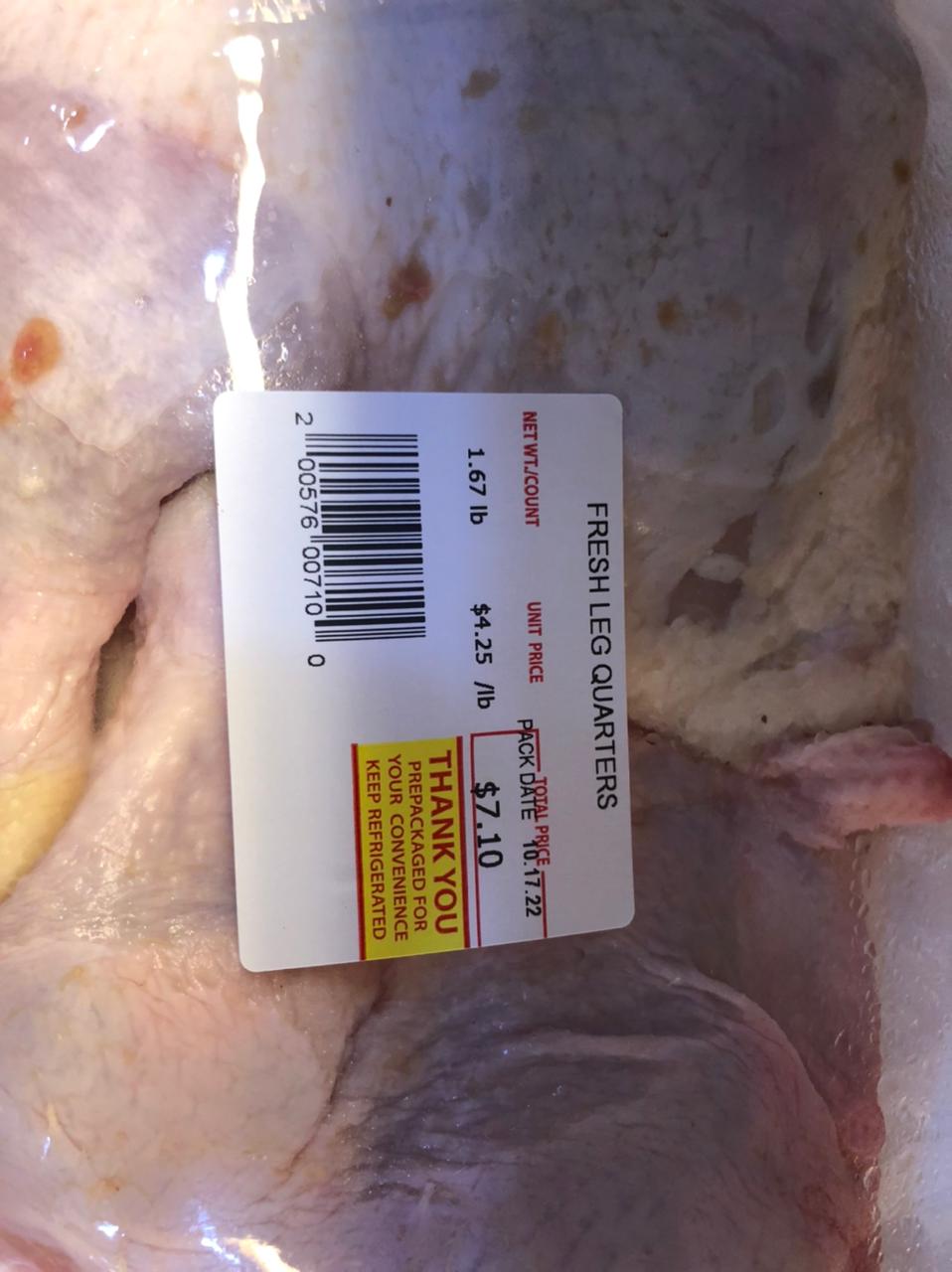
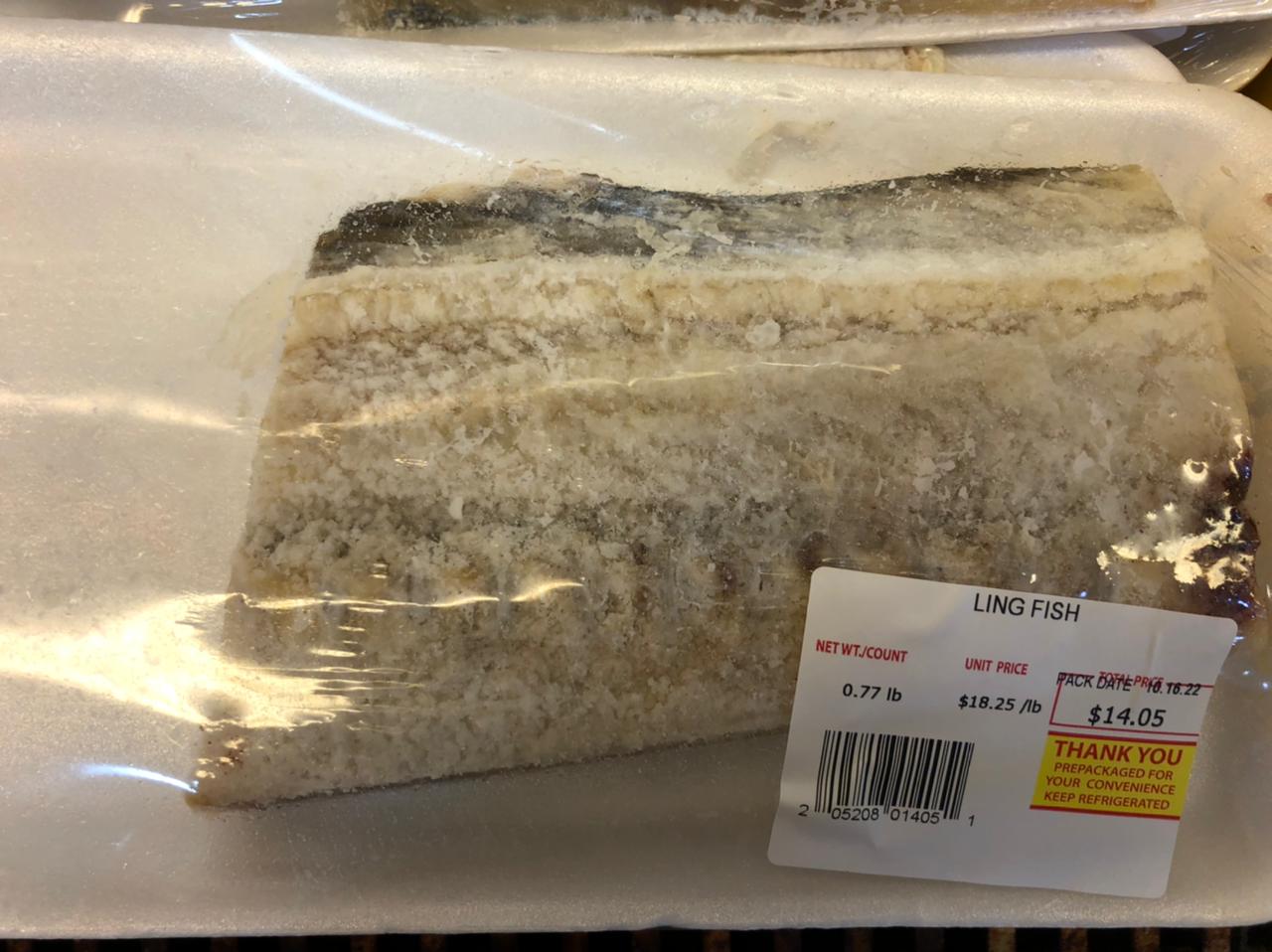
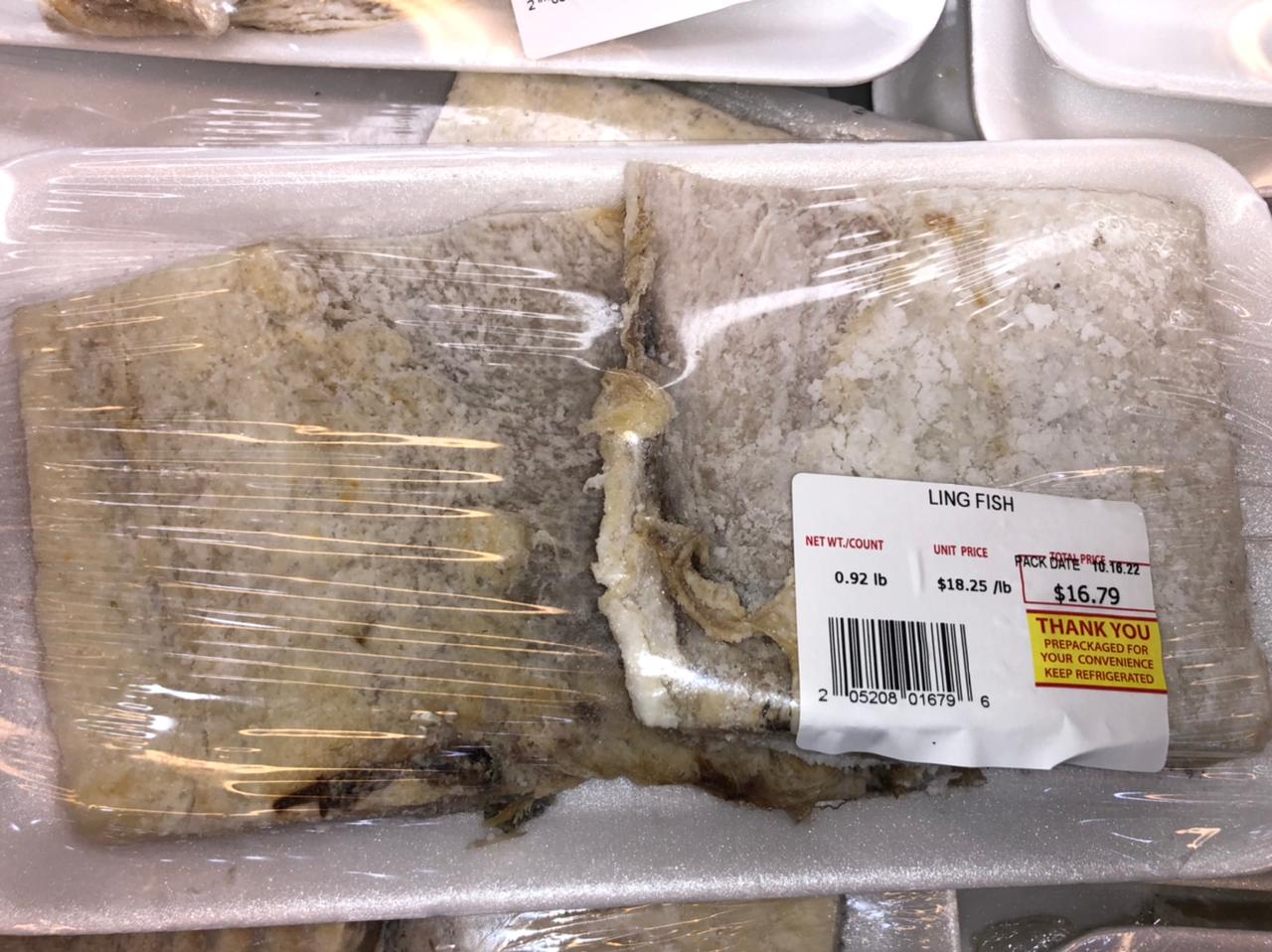
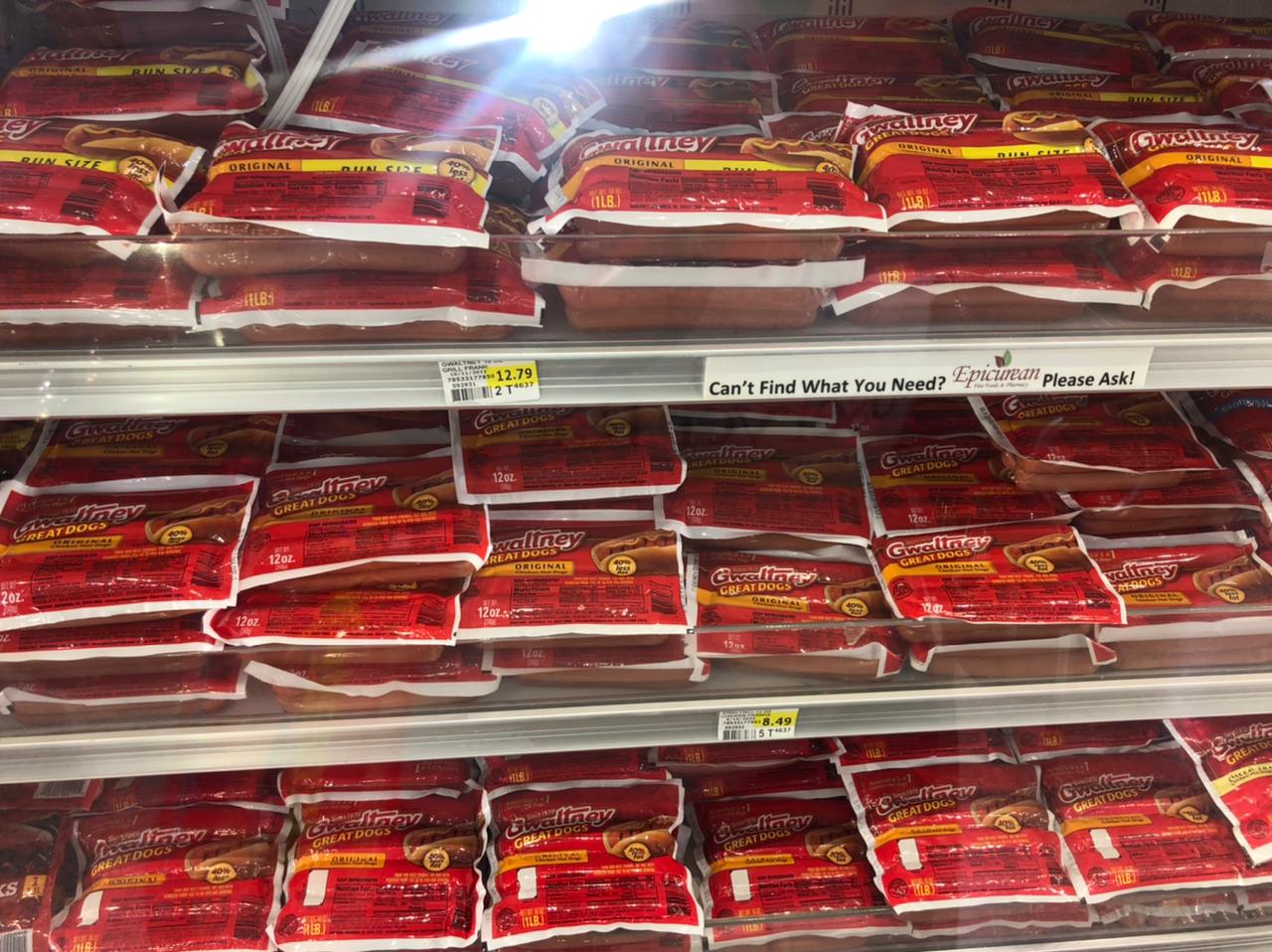
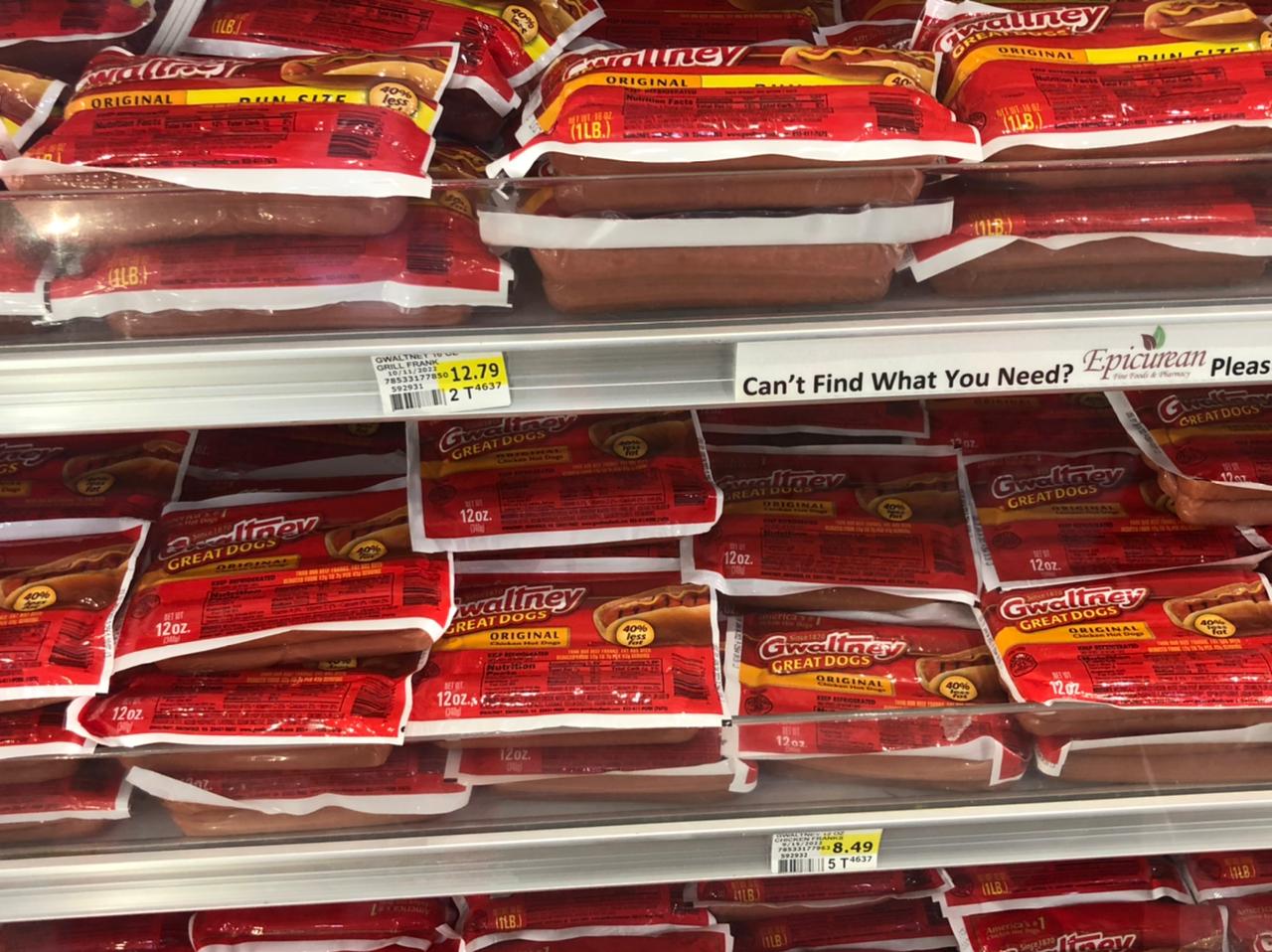
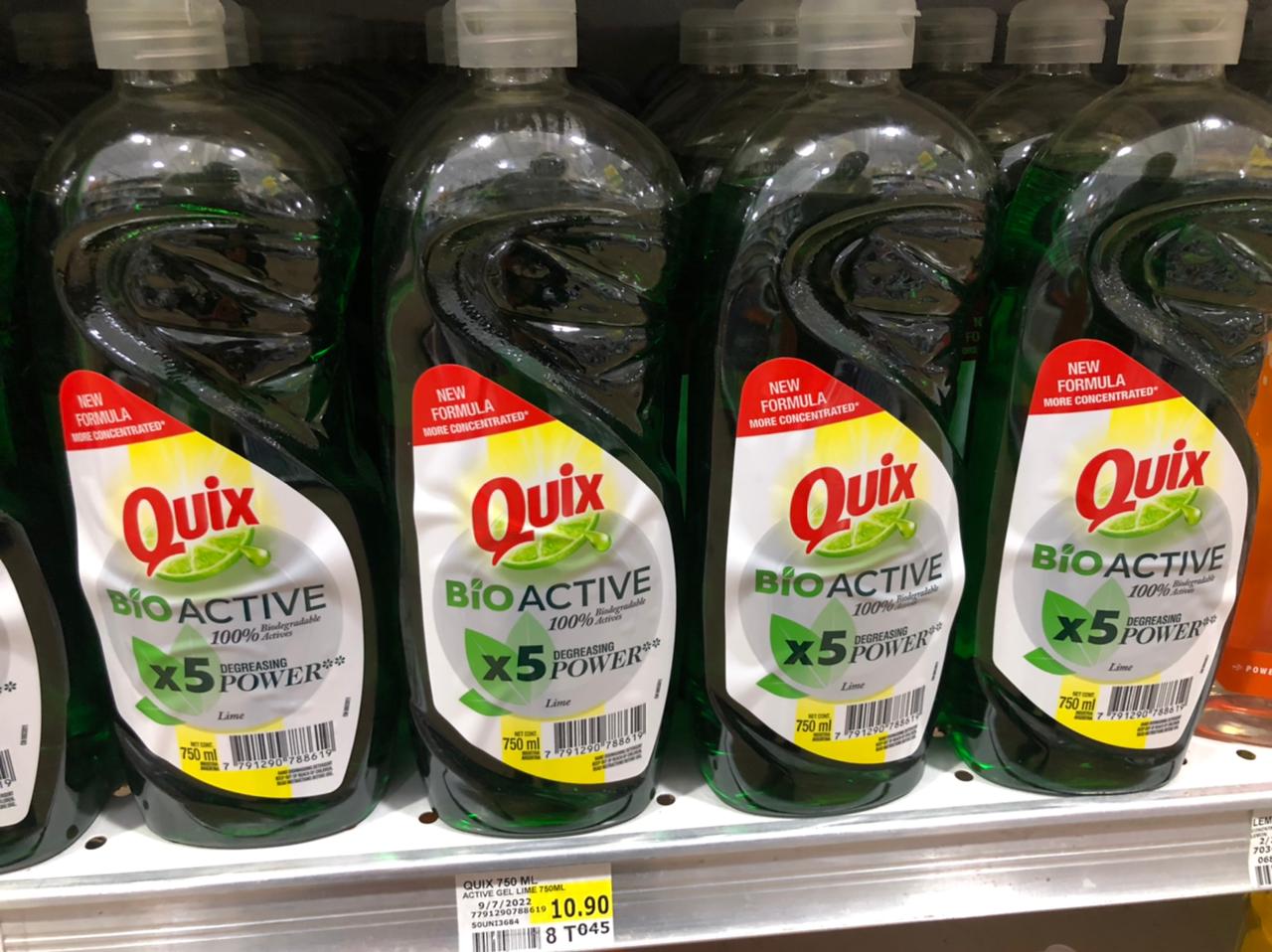
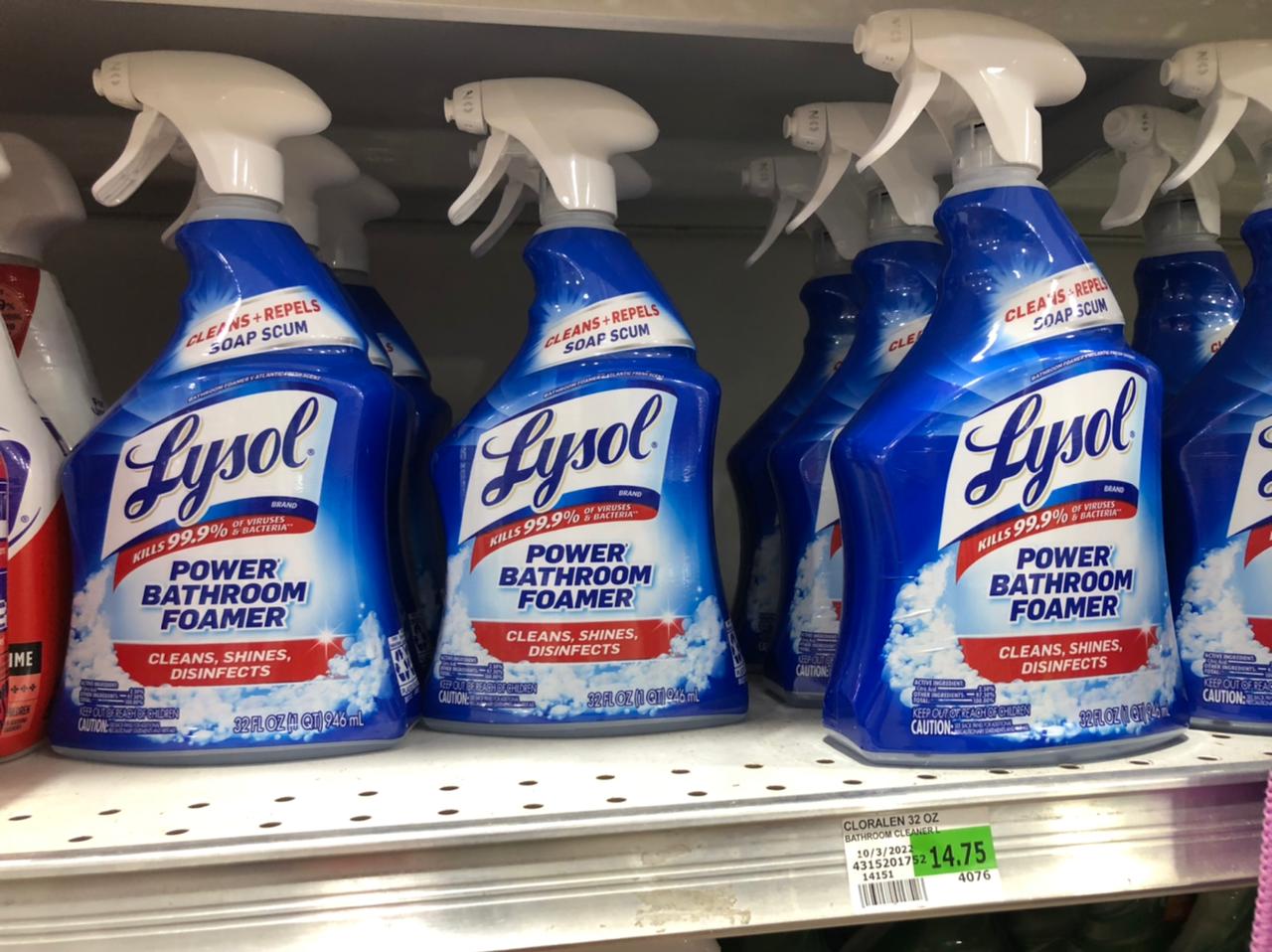
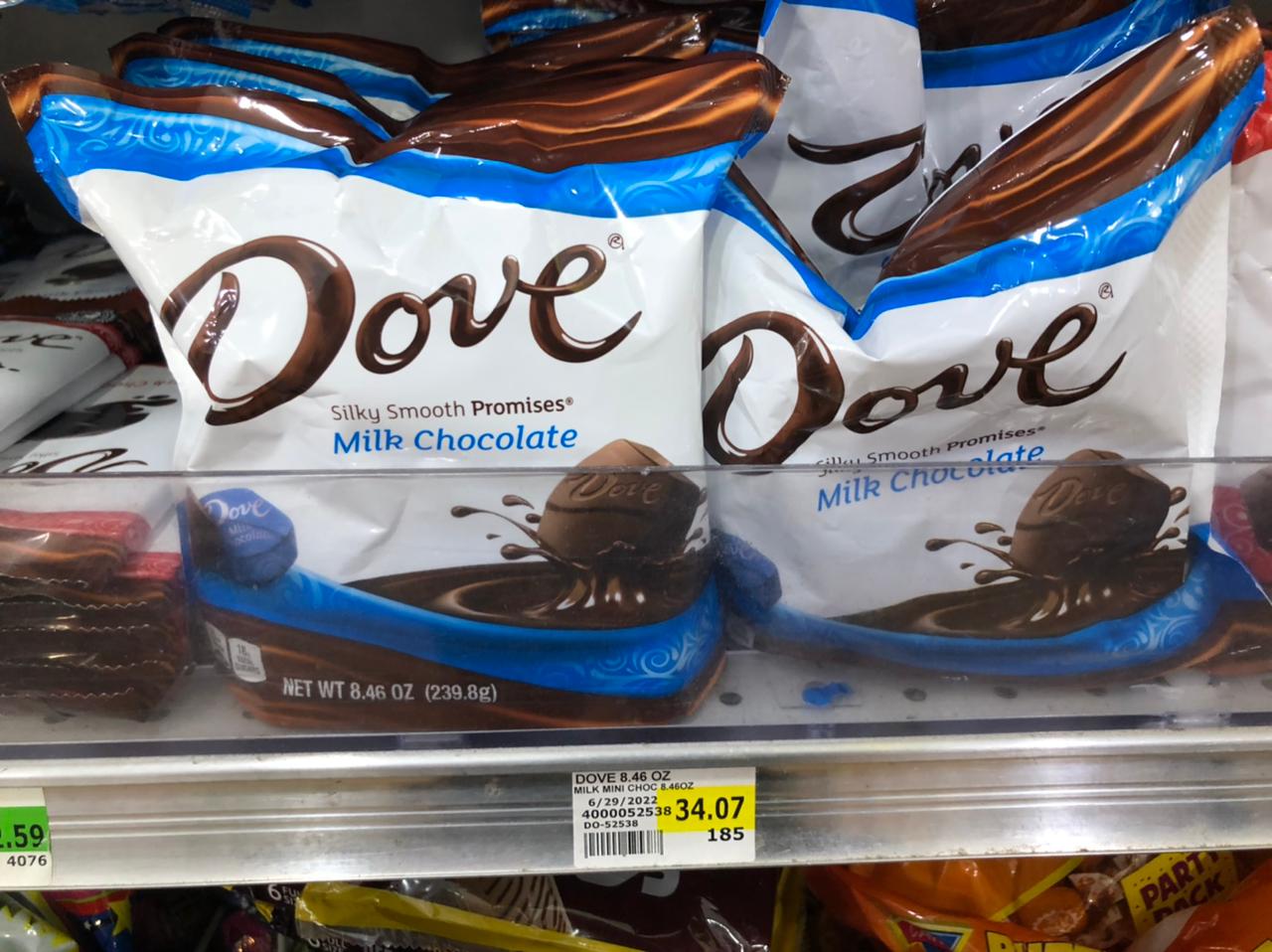
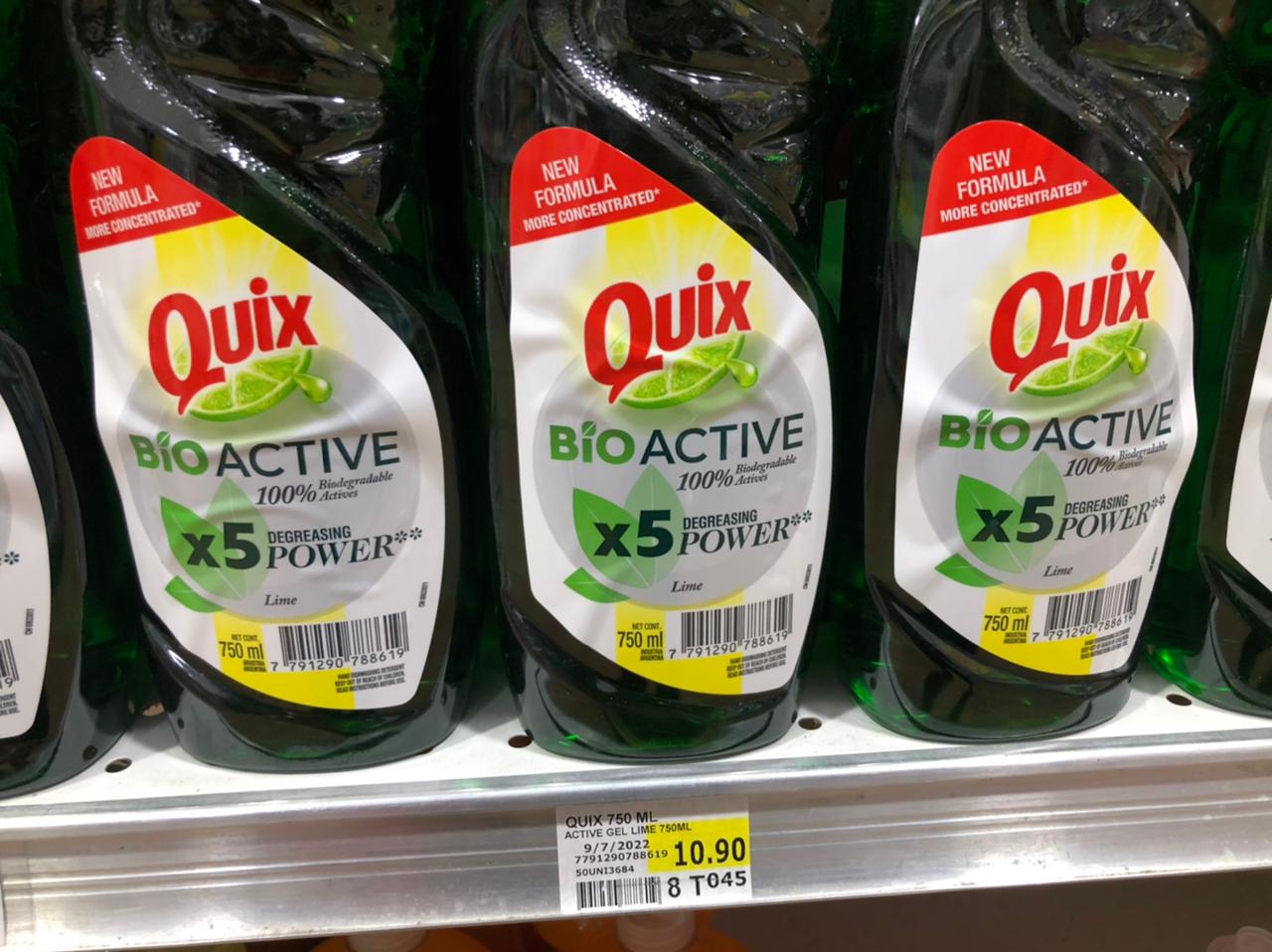
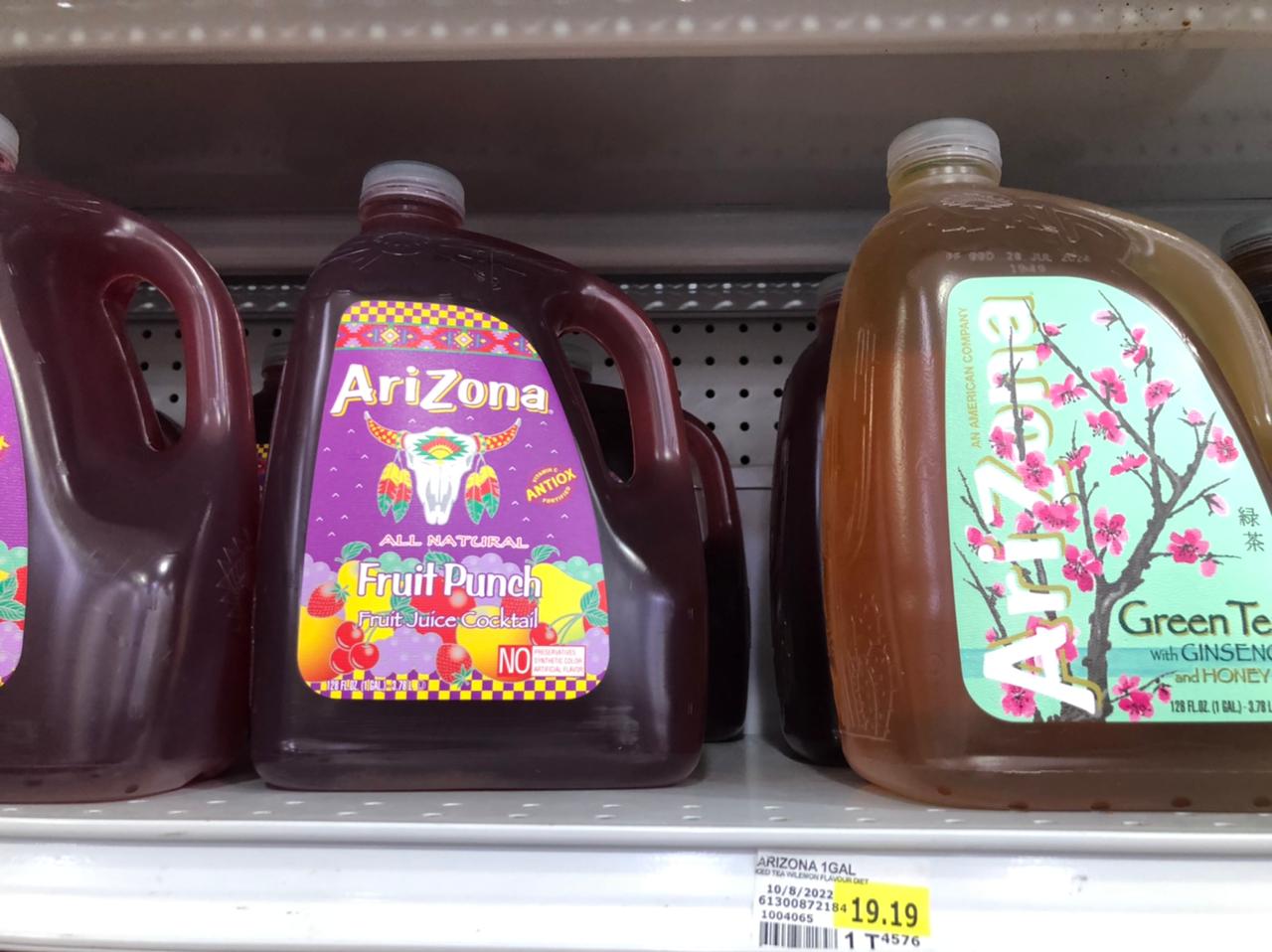
A father-of-two, who procures food for a local restaurant, commented on the soaring meat prices. He said a bill that may have previously been under $300 is now more than $400. He added that the snacks he usually buys for his kids for $100 now cost over $140.
One woman said she felt “everything has gone up”.
Public Relations Officer for the Prices and Consumer Affairs Division, Joanne Peters, told Observer that a challenge facing the division is limited staff to visit all the establishments in the country. She said the public can play a role by reporting high prices so an investigation can be launched and the issue addressed swiftly.
“We continue to monitor the prices of price-controlled goods. We continue to be on the lookout for instances of price gouging. Consumers, if you are seeing high prices or changes in prices of goods that have been on the shelf for a while without new stock, please let us know,” Peters appealed in an interview.
Peters said while this period of inflation may be temporary, she advised consumers to be aware of the factors behind the increases on the shelves. The Covid-19 pandemic caused major disruptions to the supply chain including delays in shipping, and overhead costs are skyrocketing amid the ongoing conflict between Russia and Ukraine.
Peters encouraged residents to practice certain measures to ensure they can still afford essential goods as many lament spending more money at the checkout while leaving the grocery store with fewer items.
“Consumers must be mindful of how they are spending. It is very important for consumers to have a budget, know how much they are spending, especially on food, so that they stay within their budget,” she said.
“It’s also wise to have a shopping list. [It] helps us not to overspend and also to buy what we needand to stay away from our wants. Wants can be purchased at another time when we have more money to spend,” Peters added.

